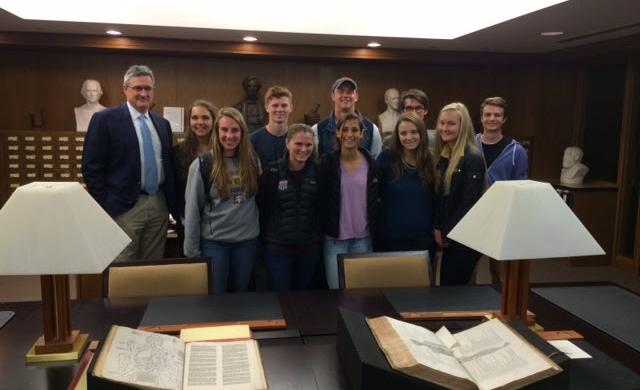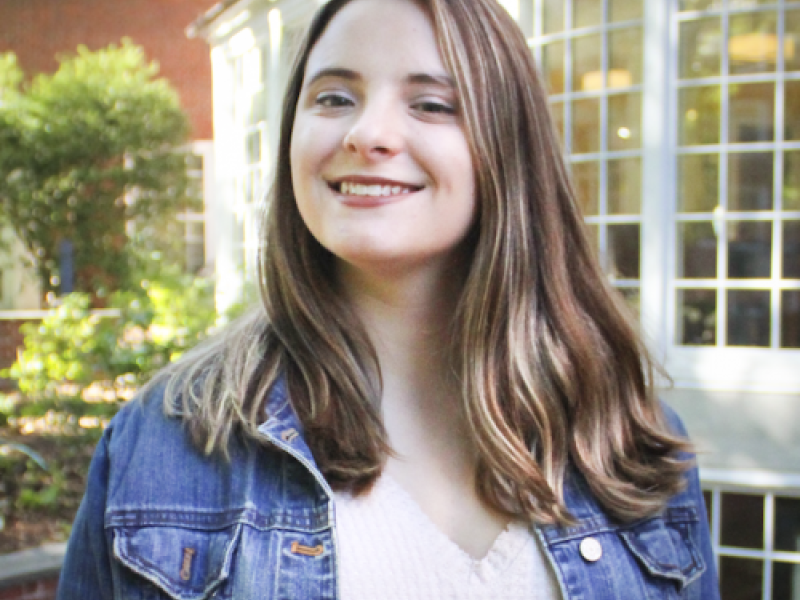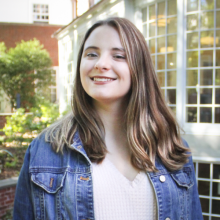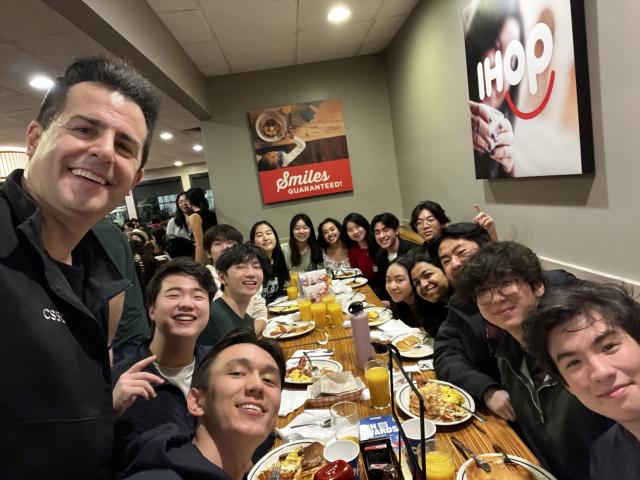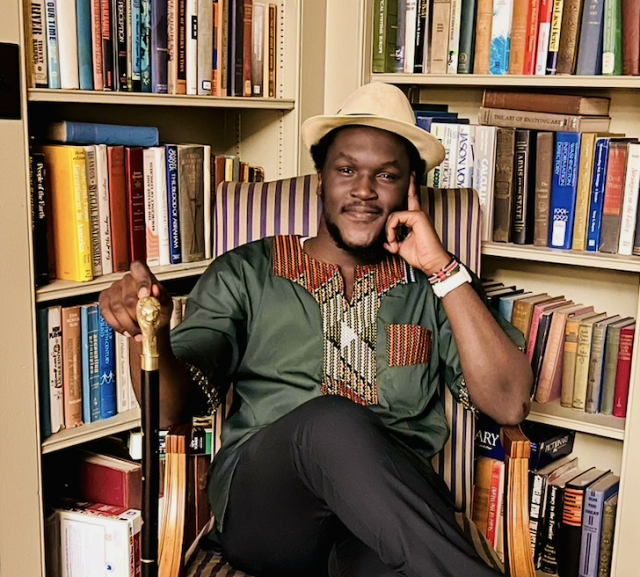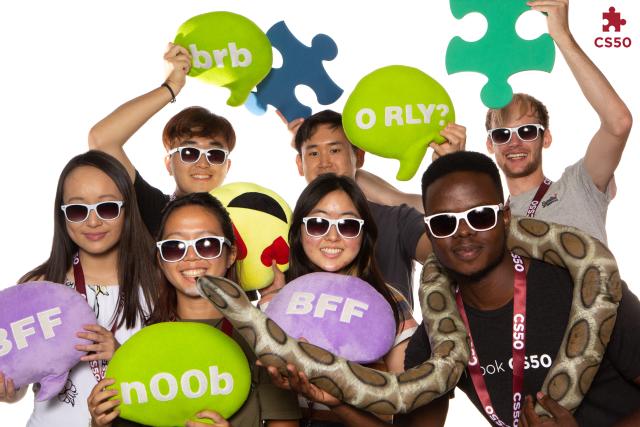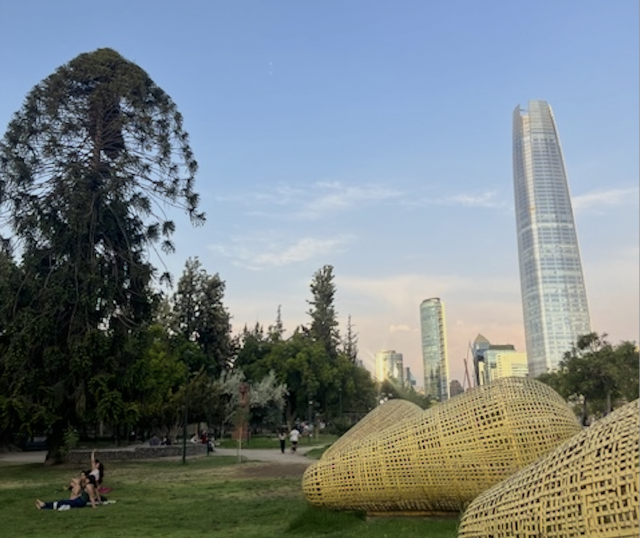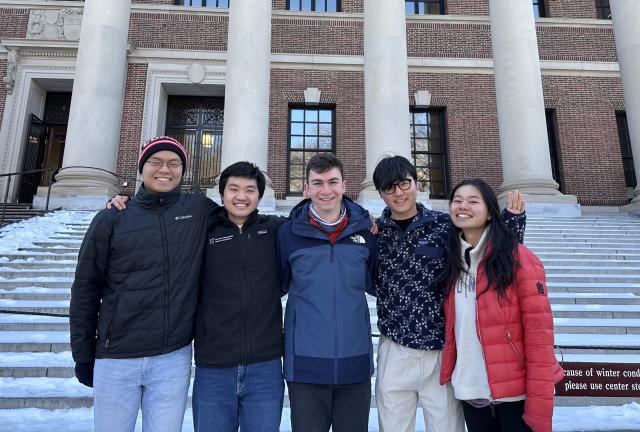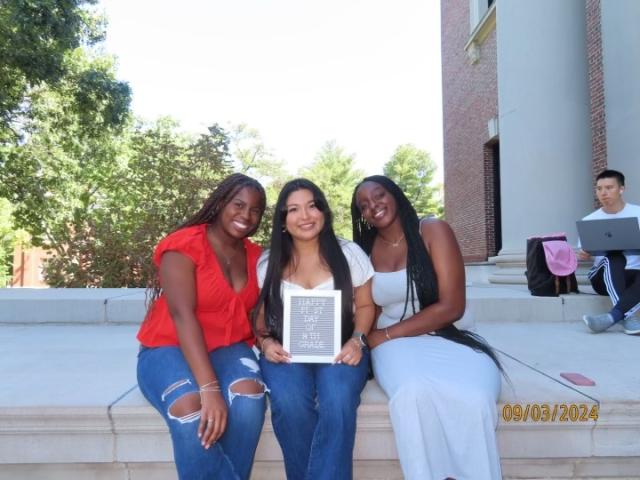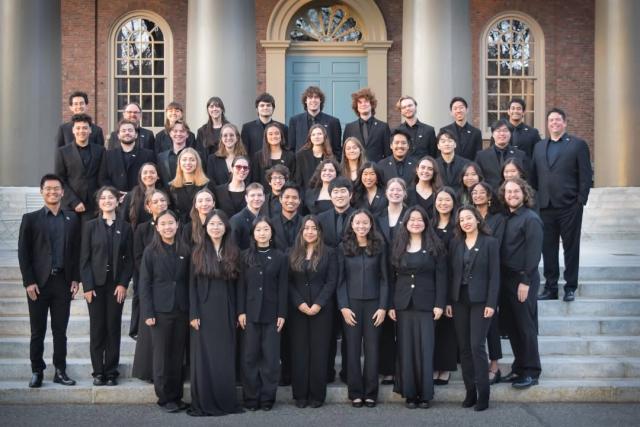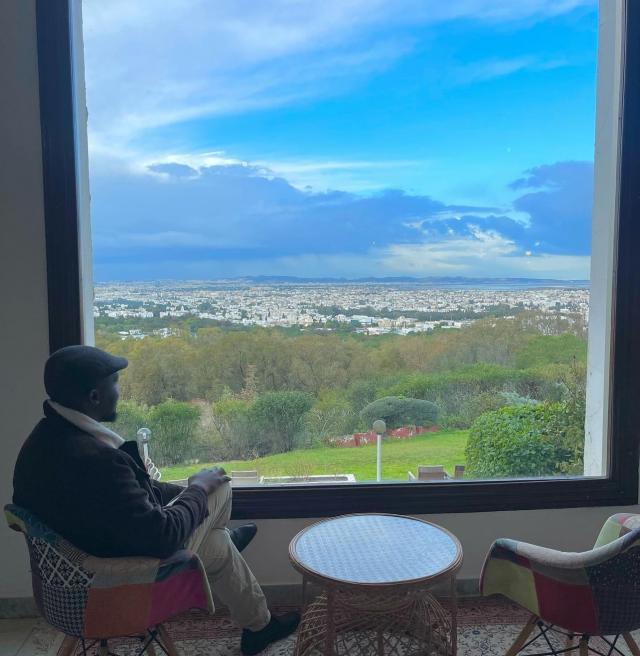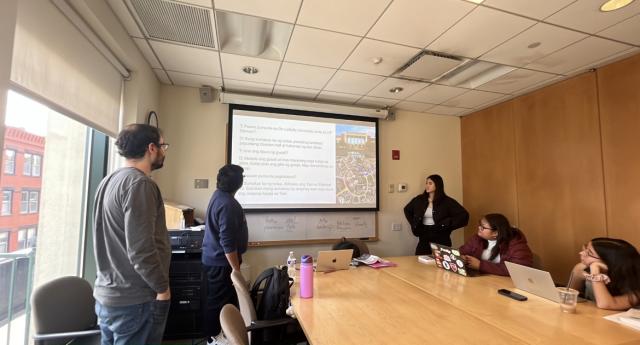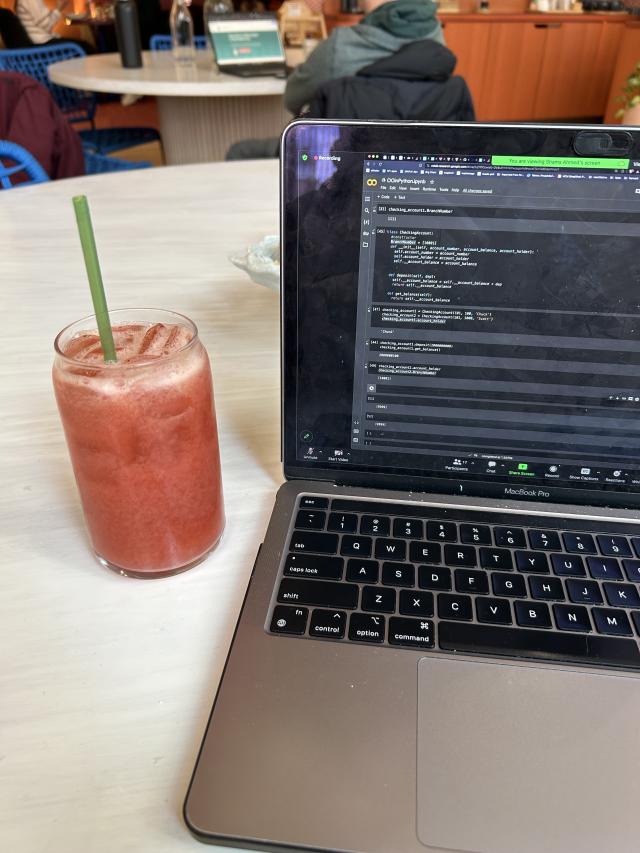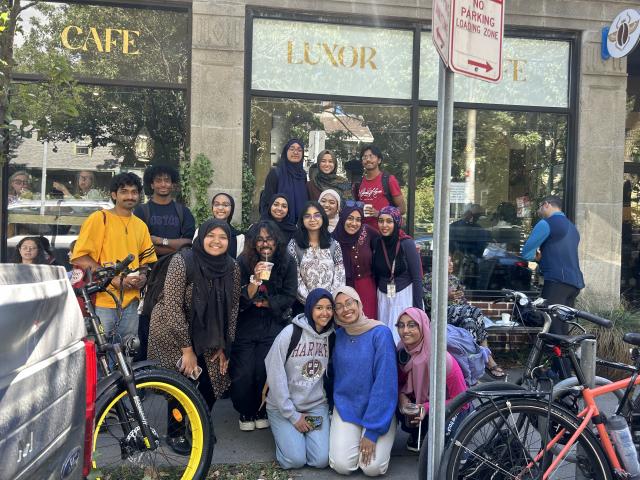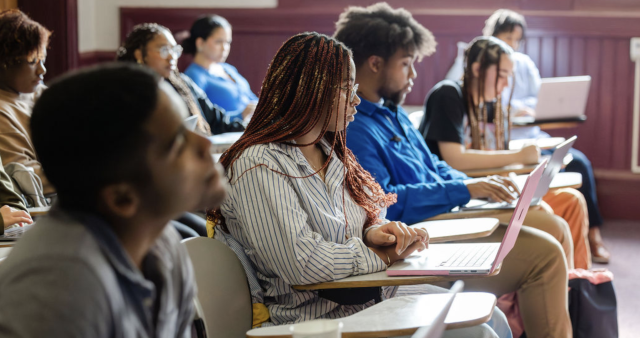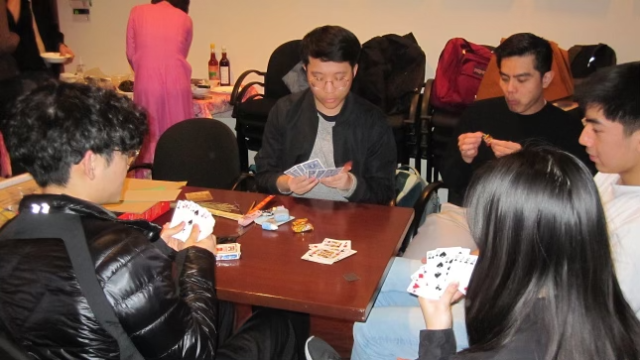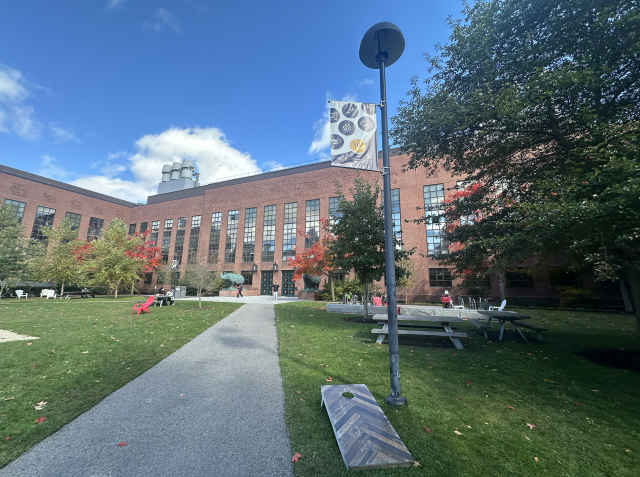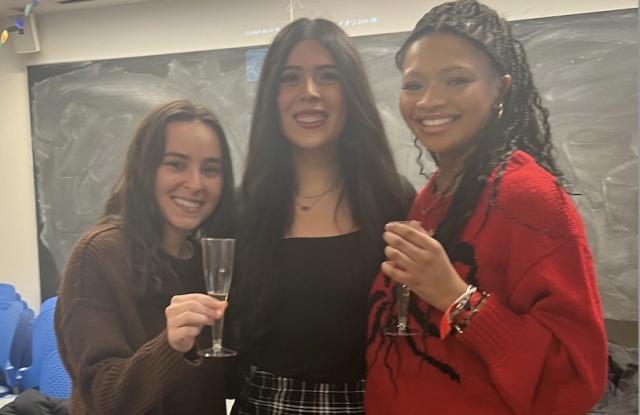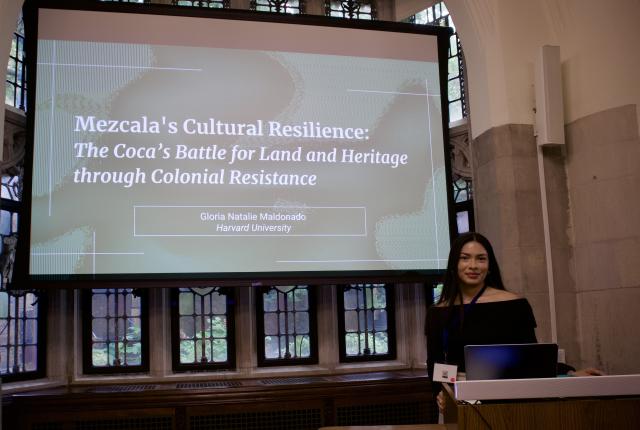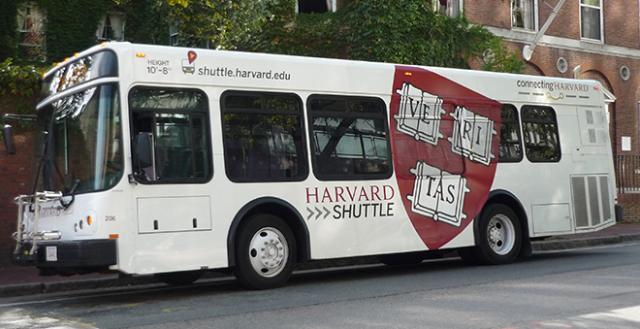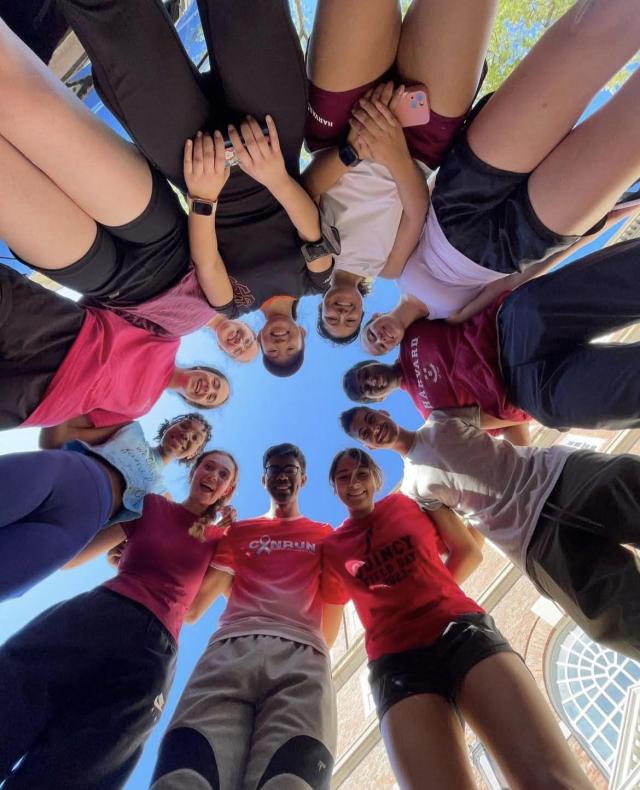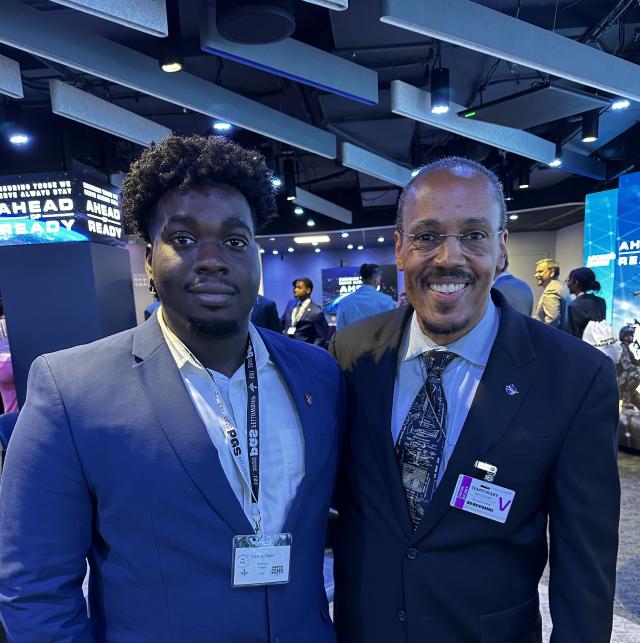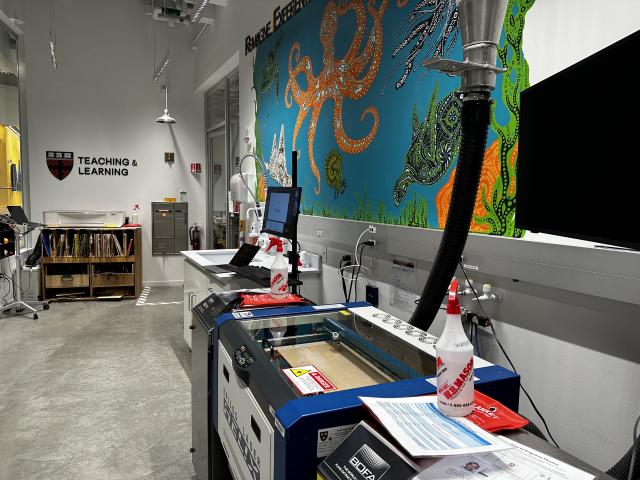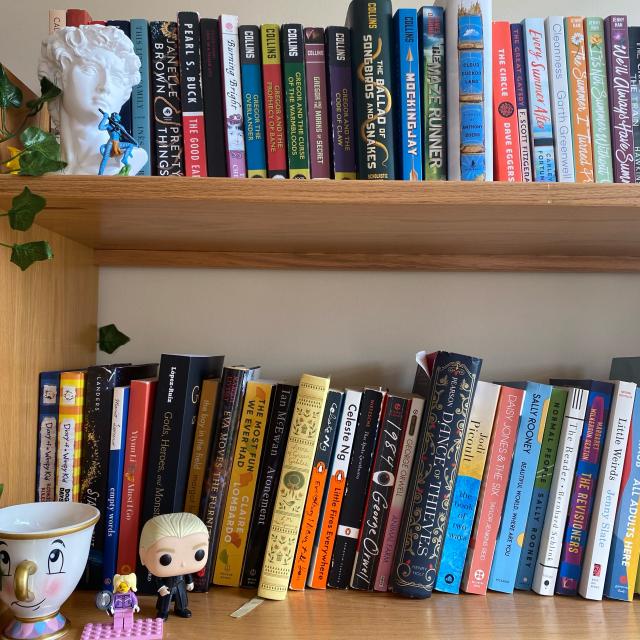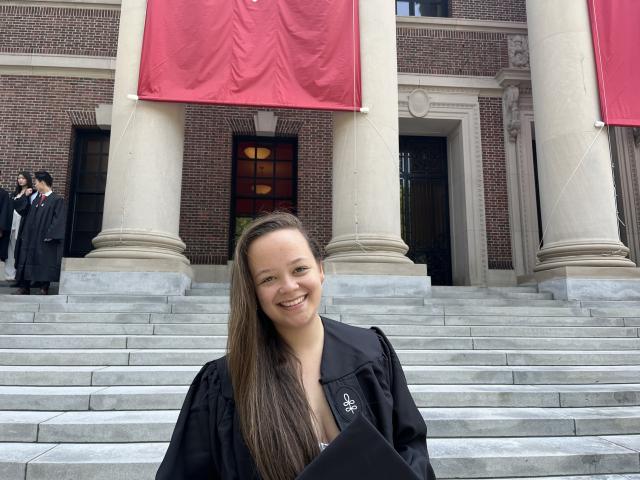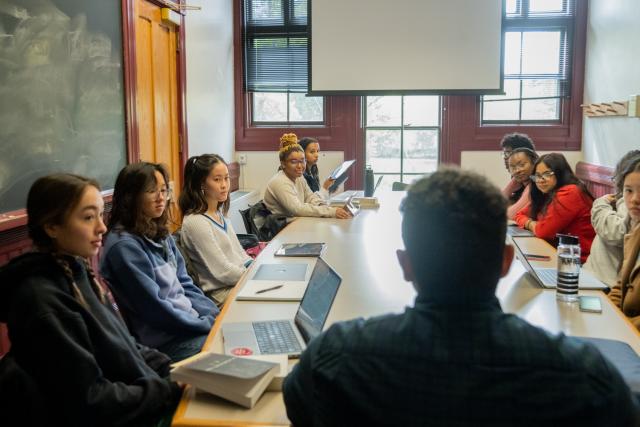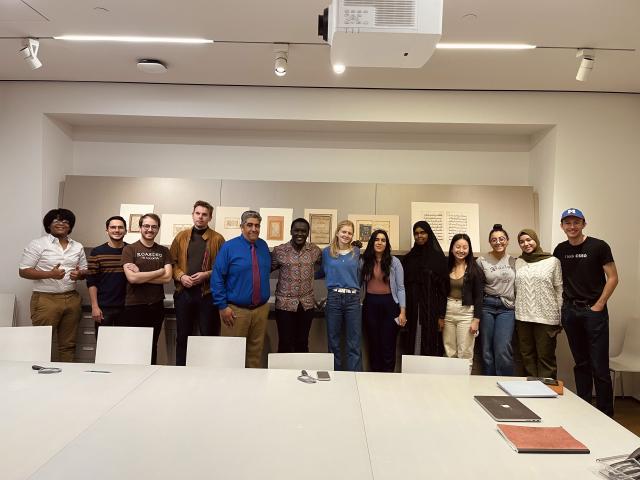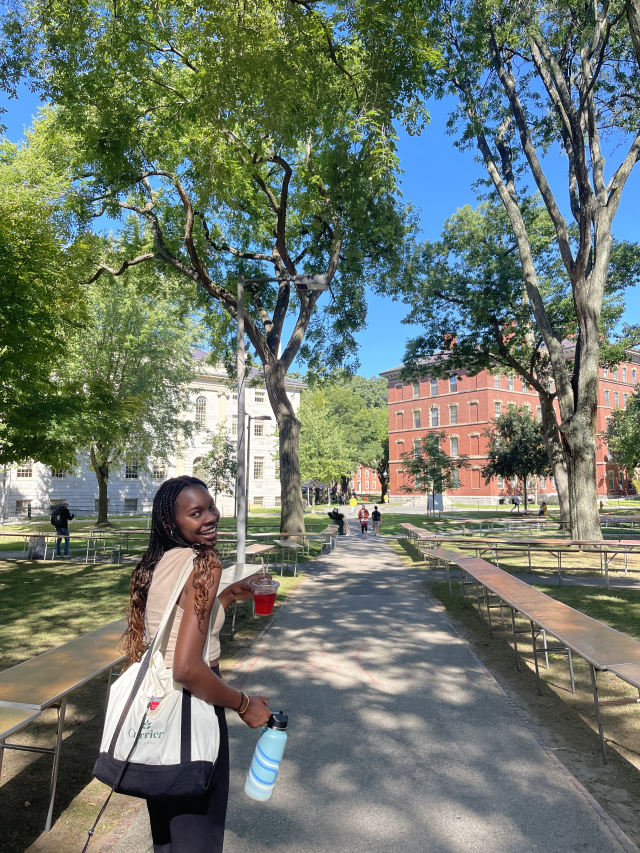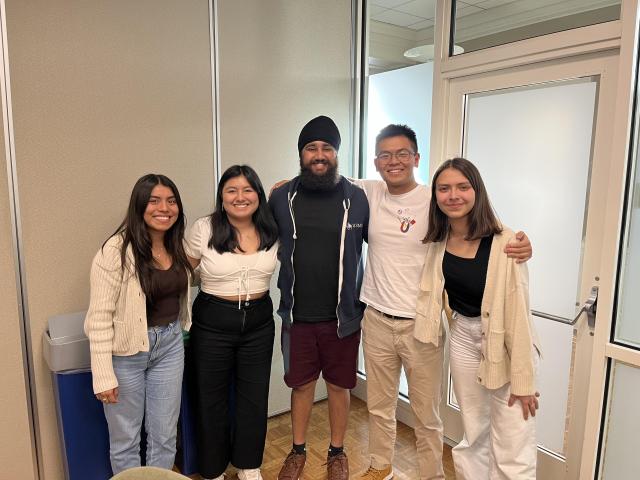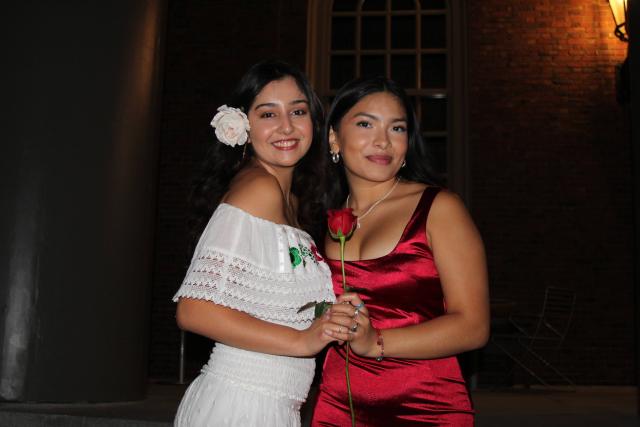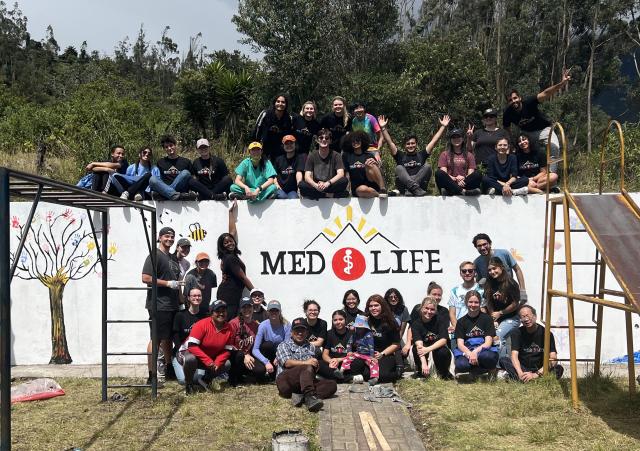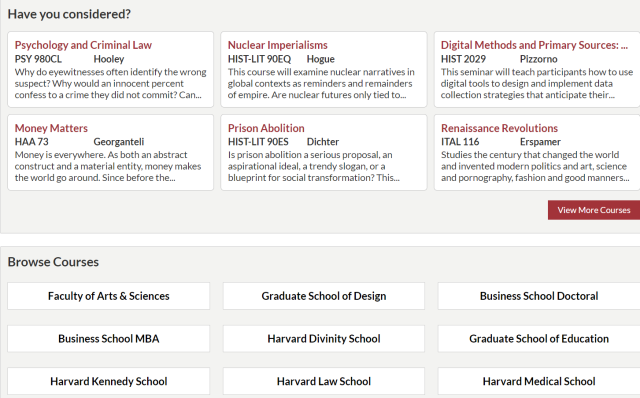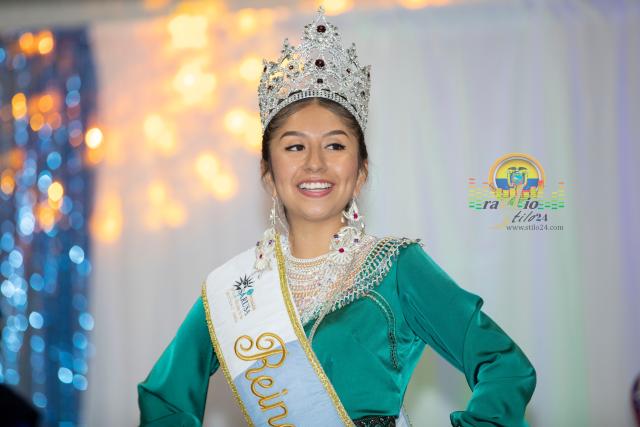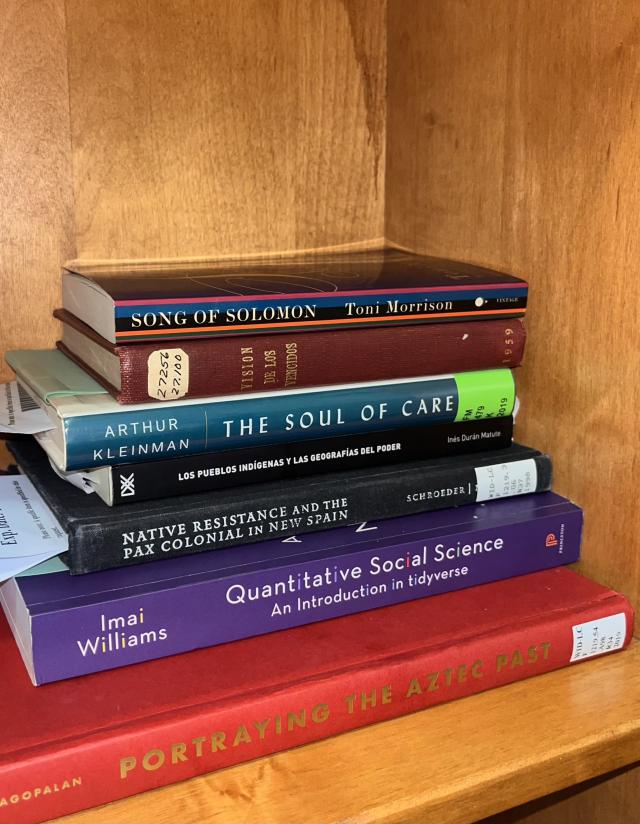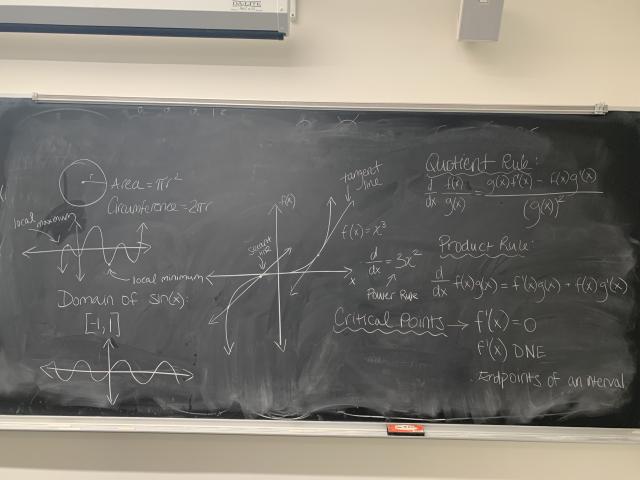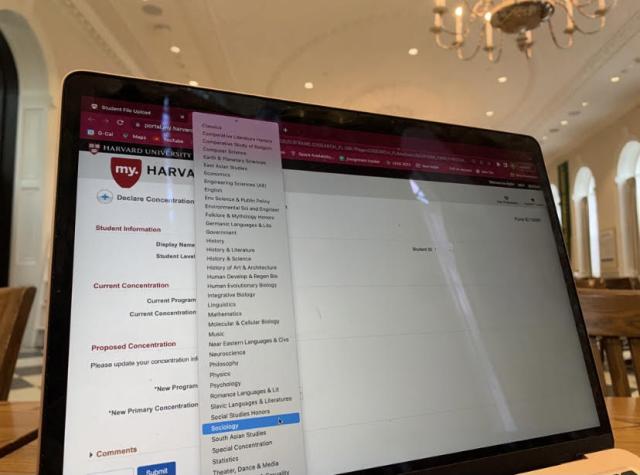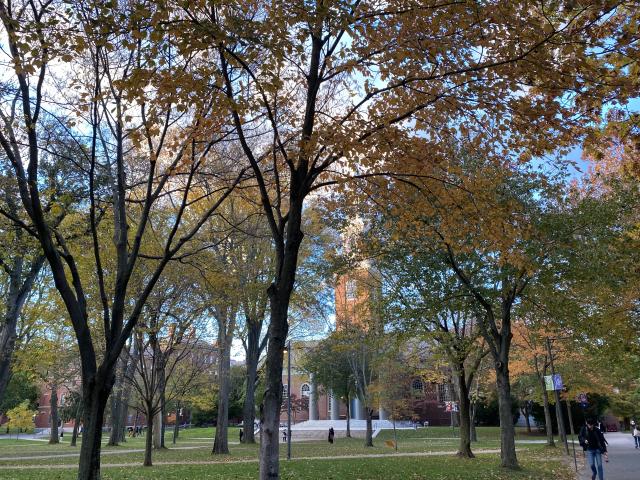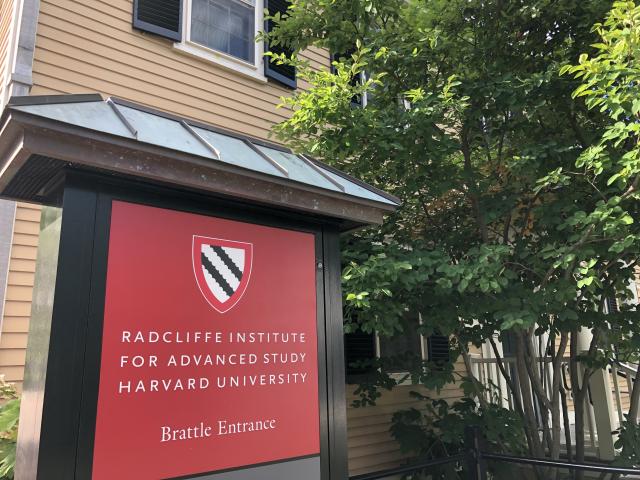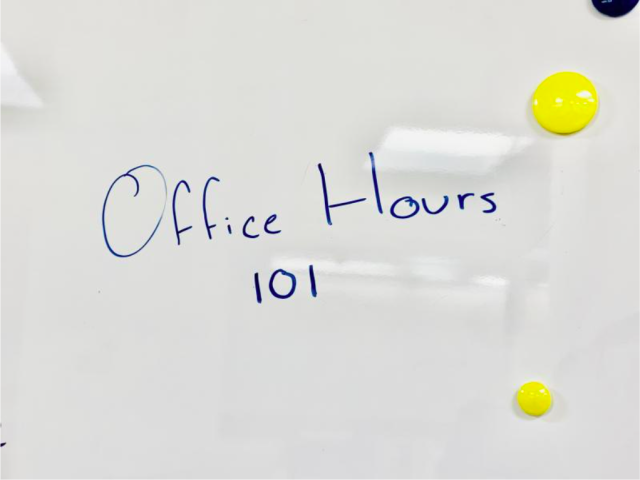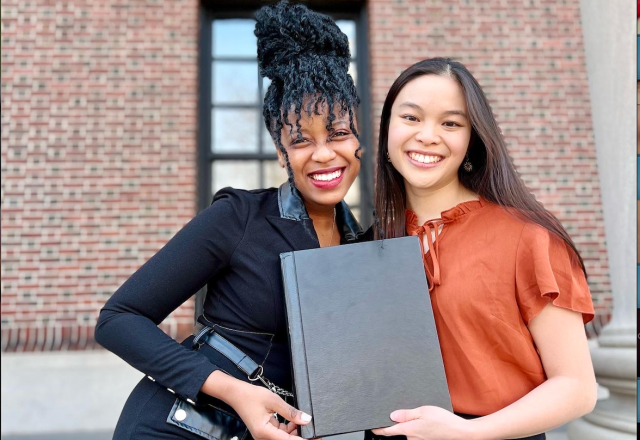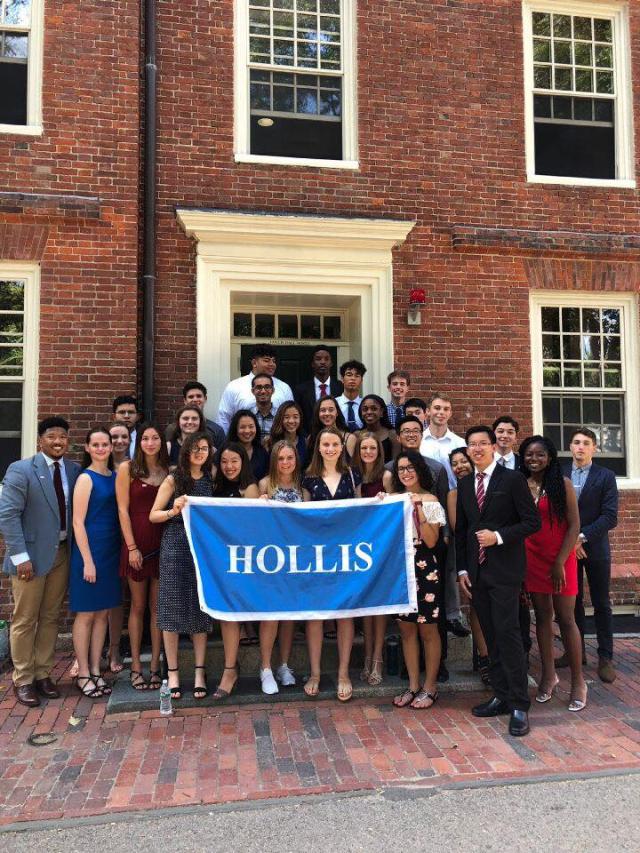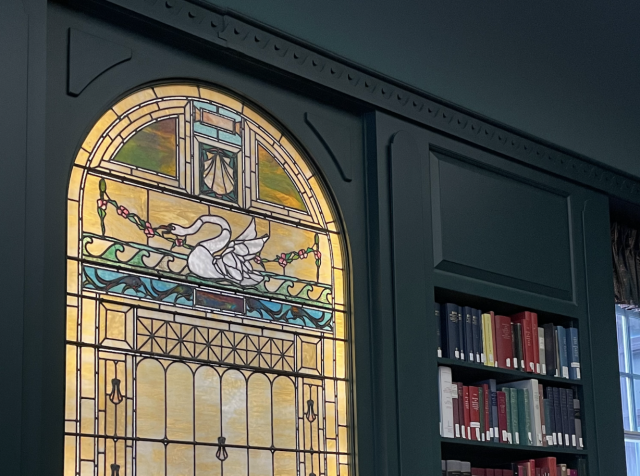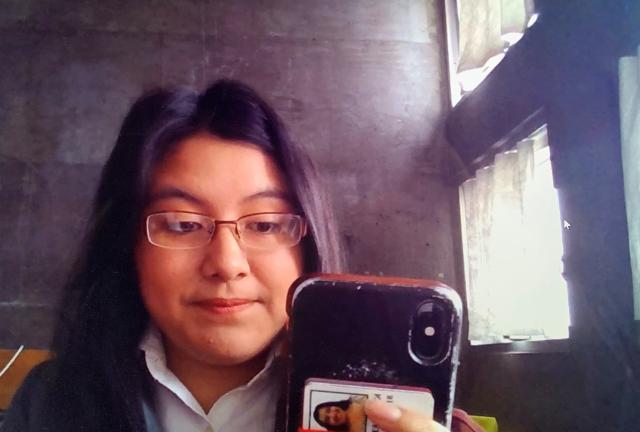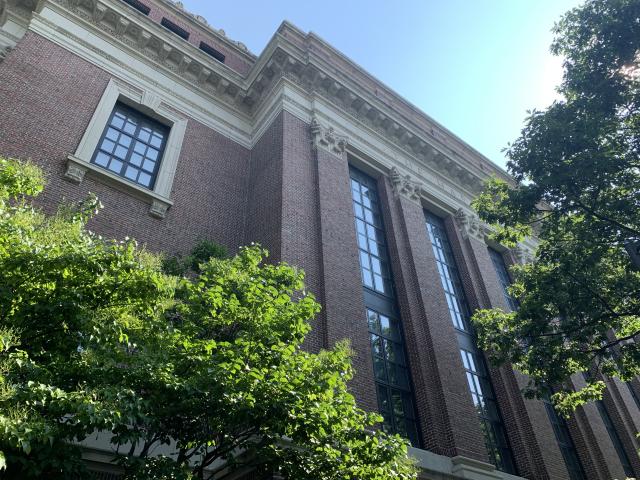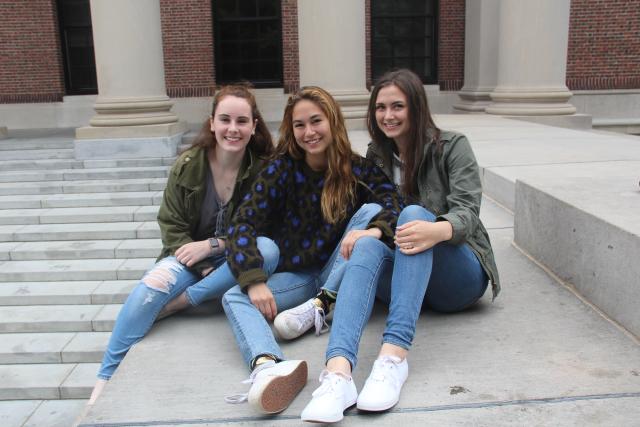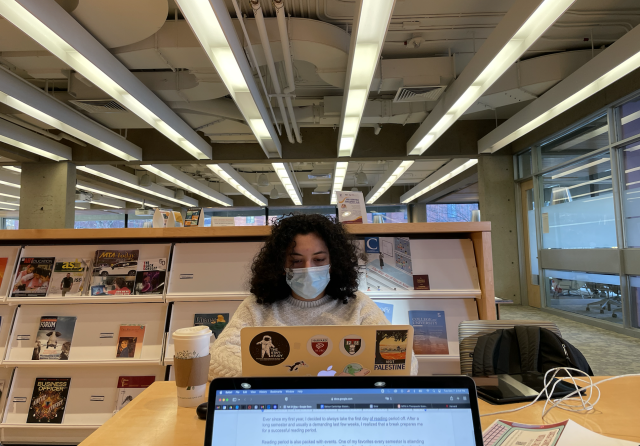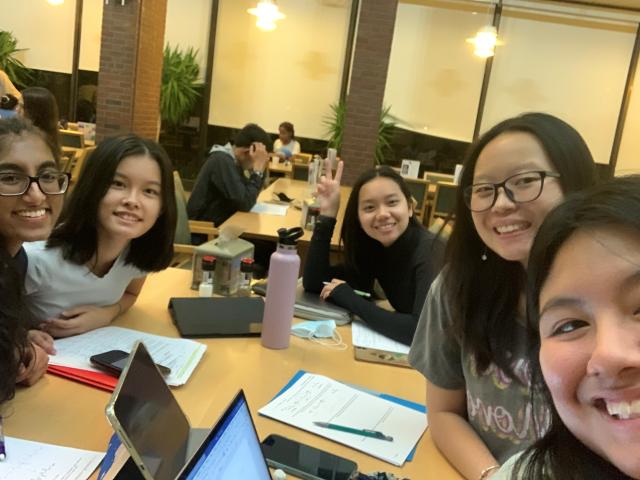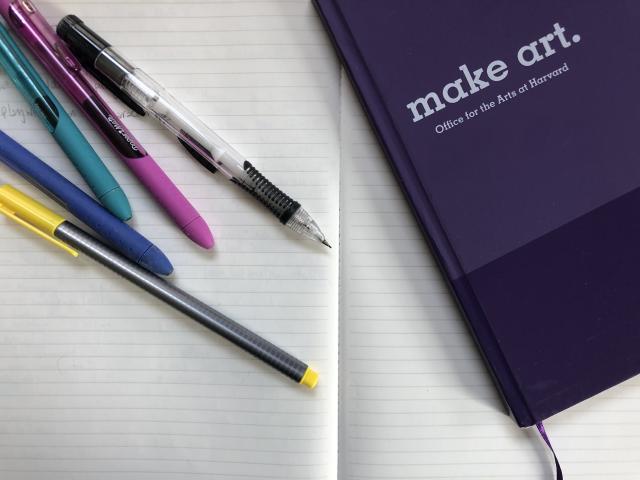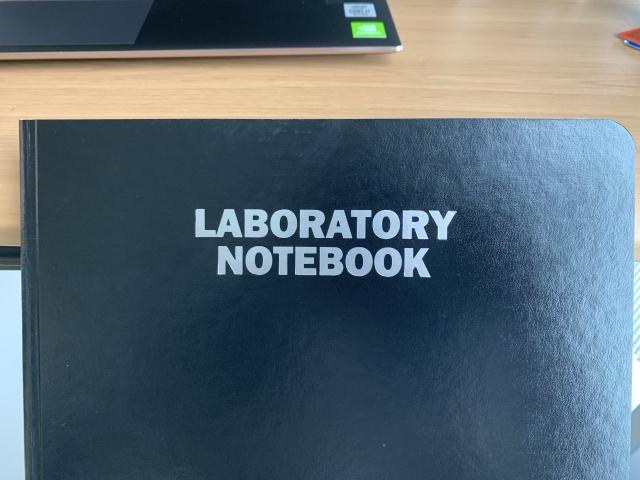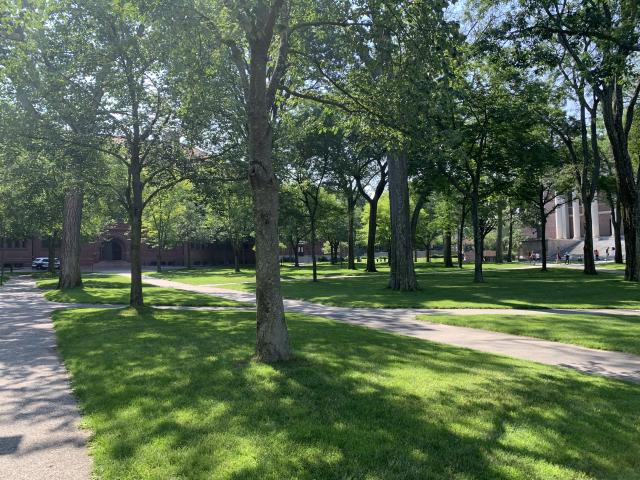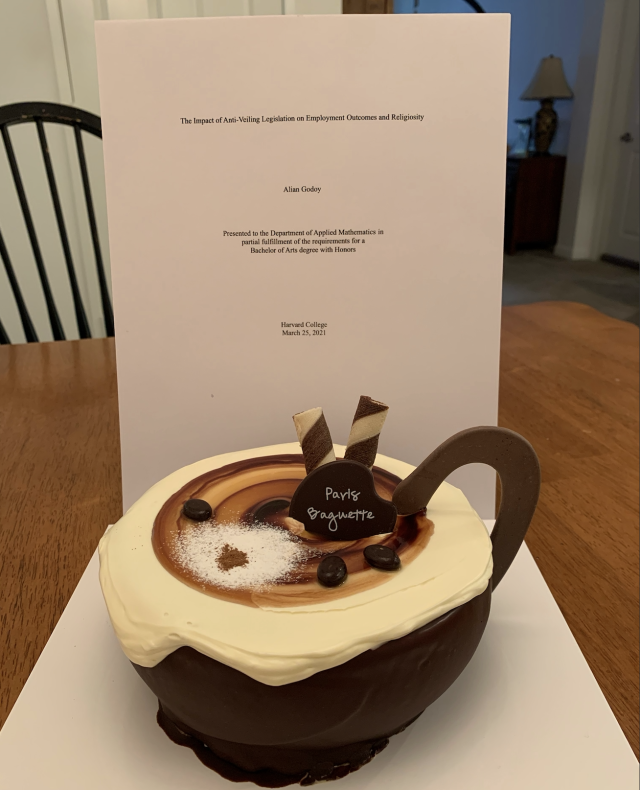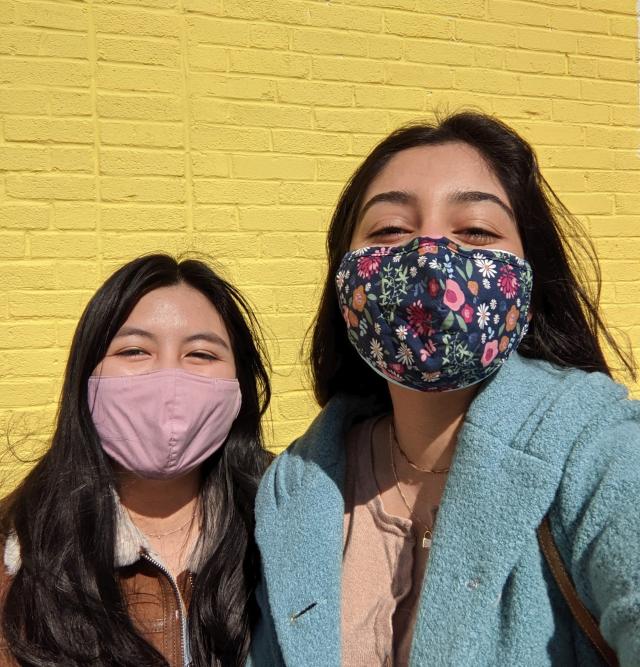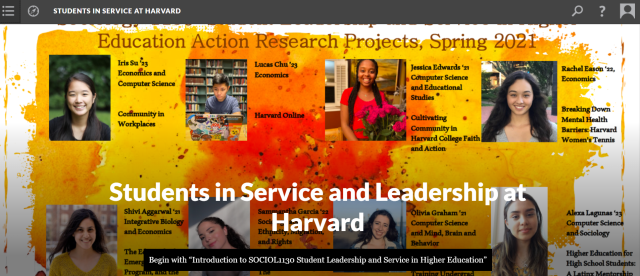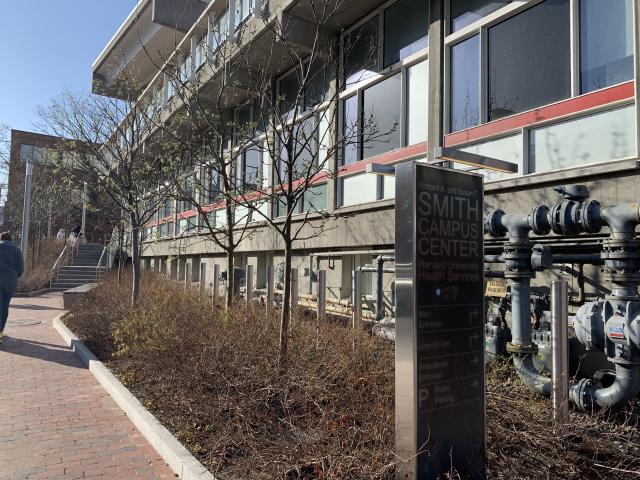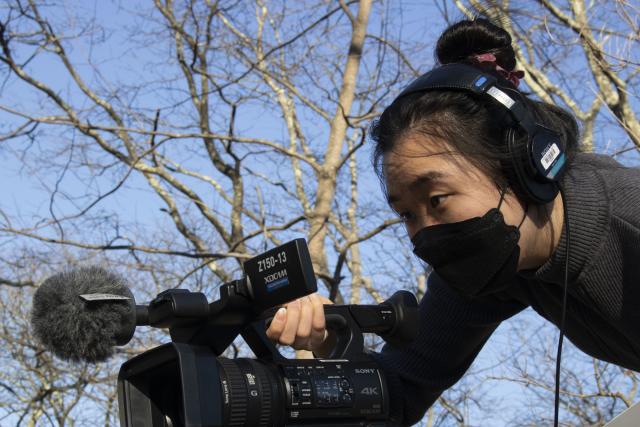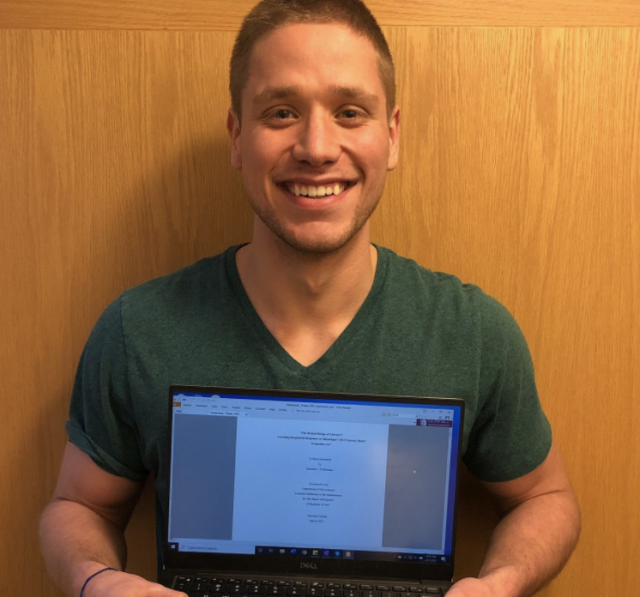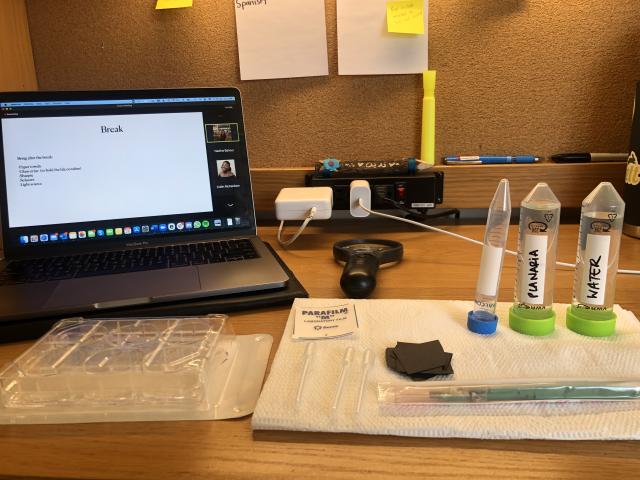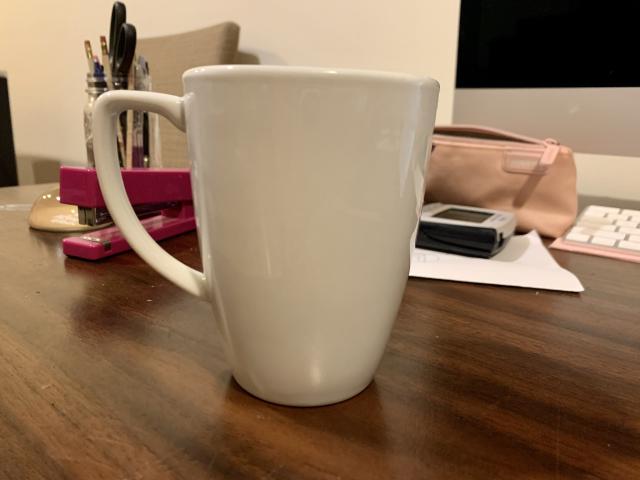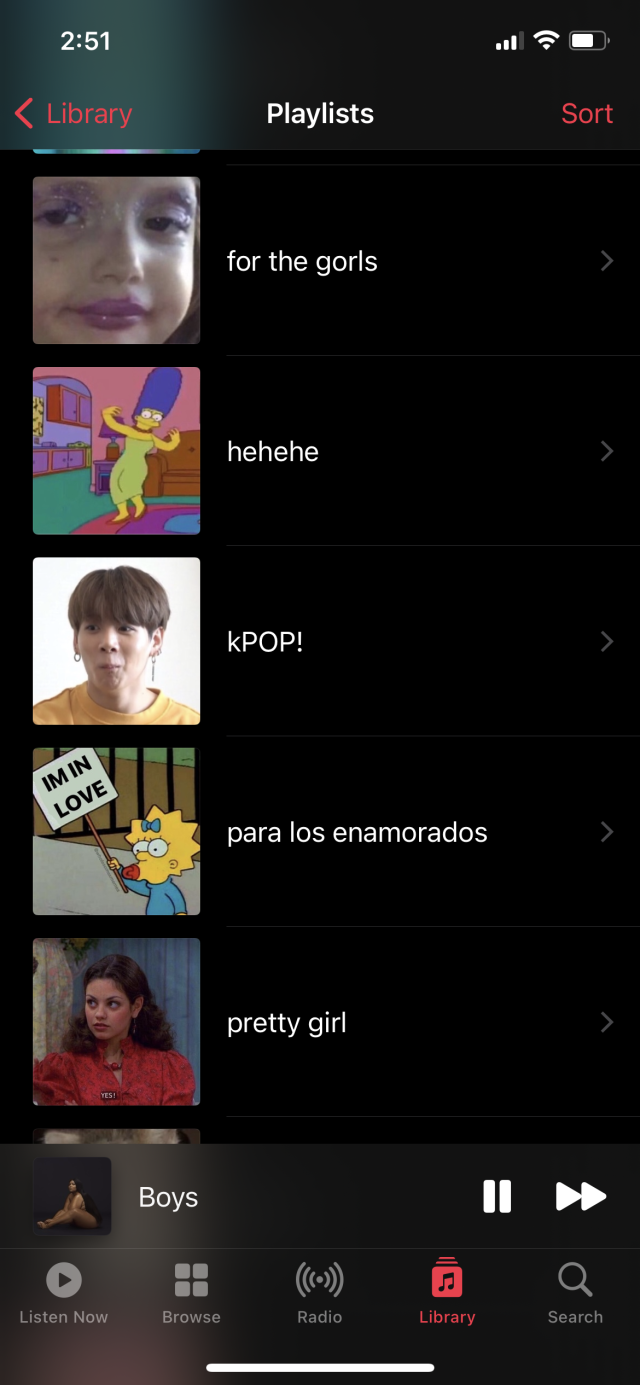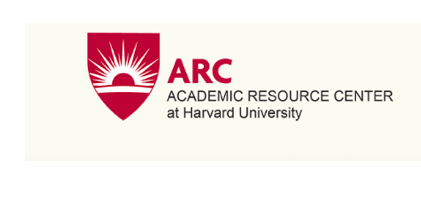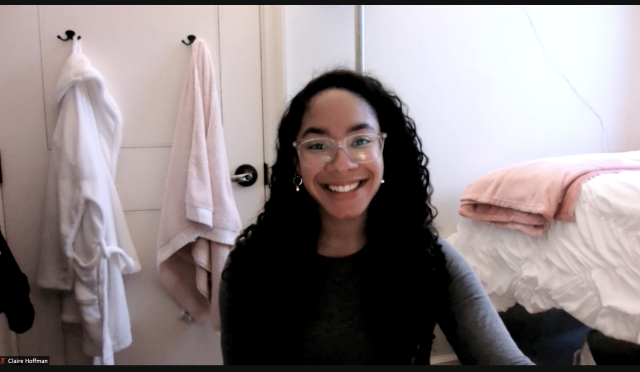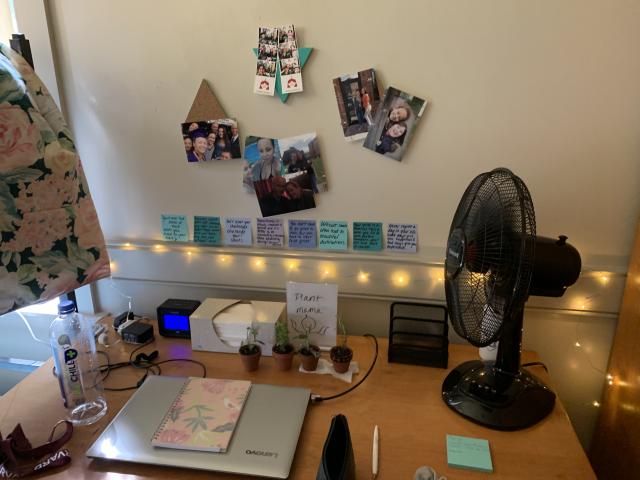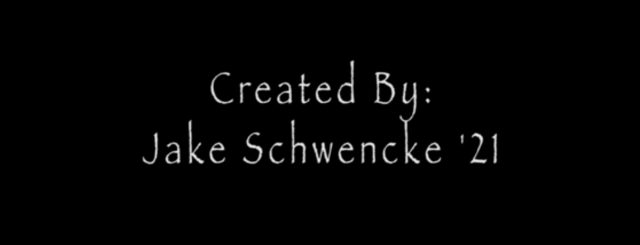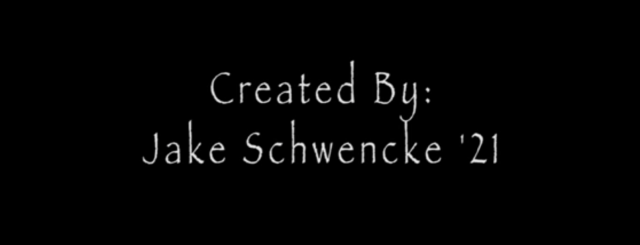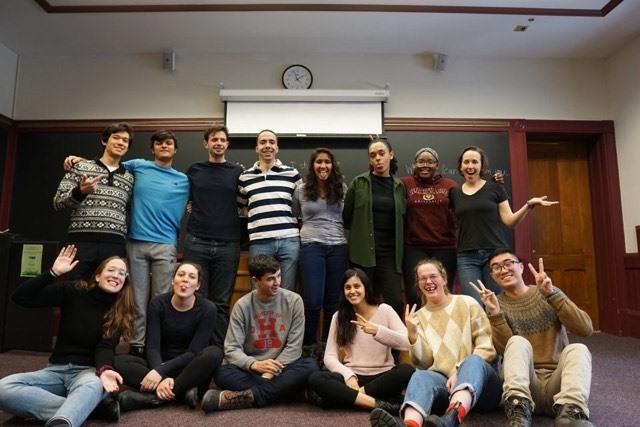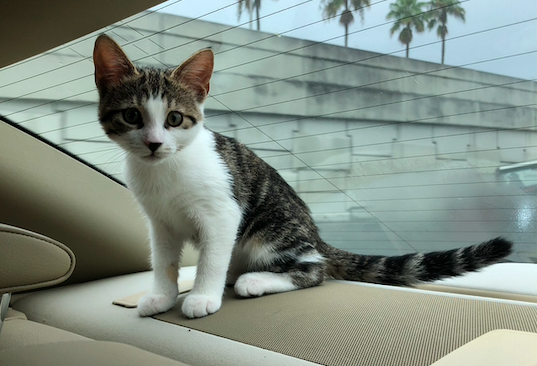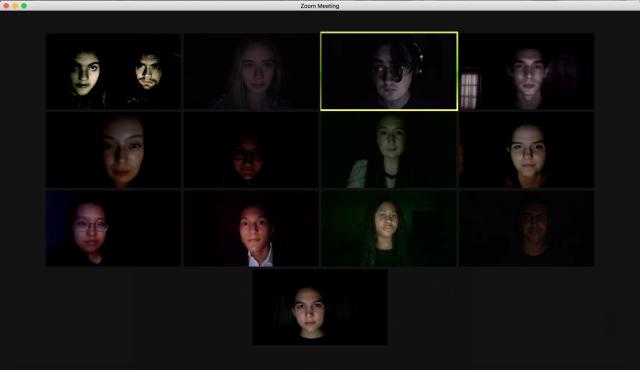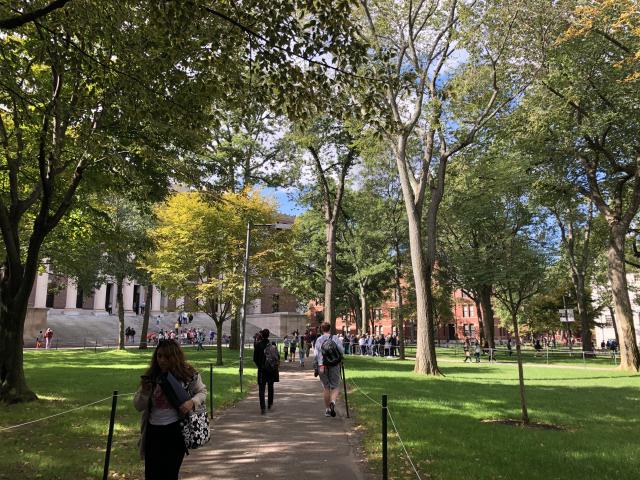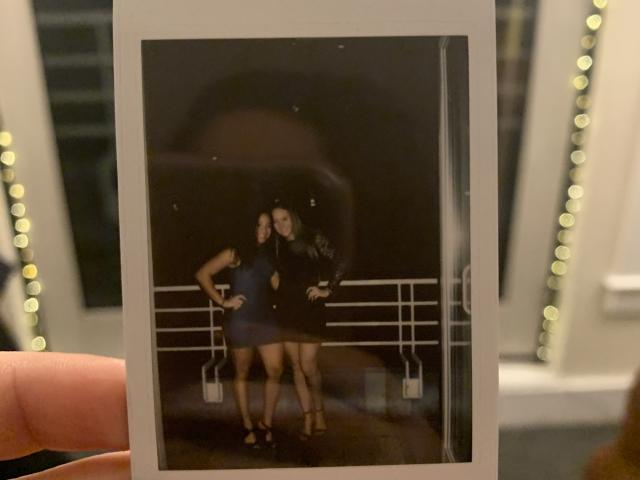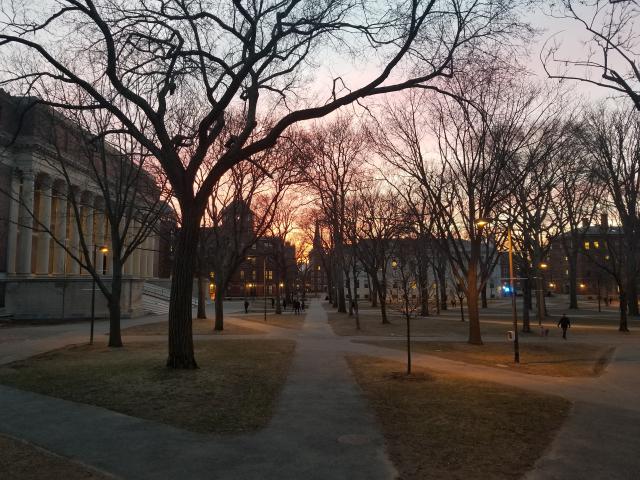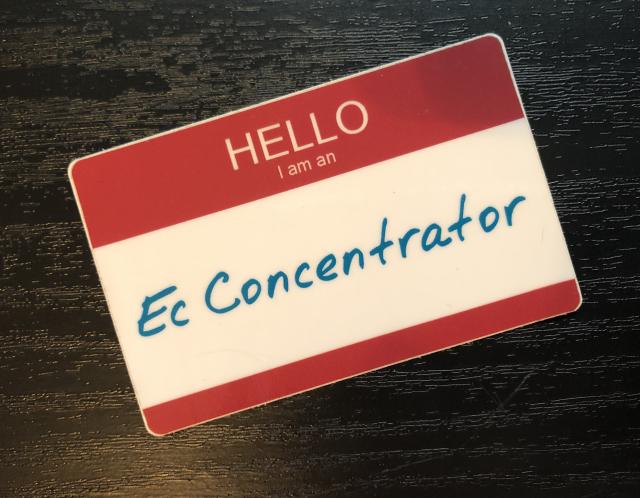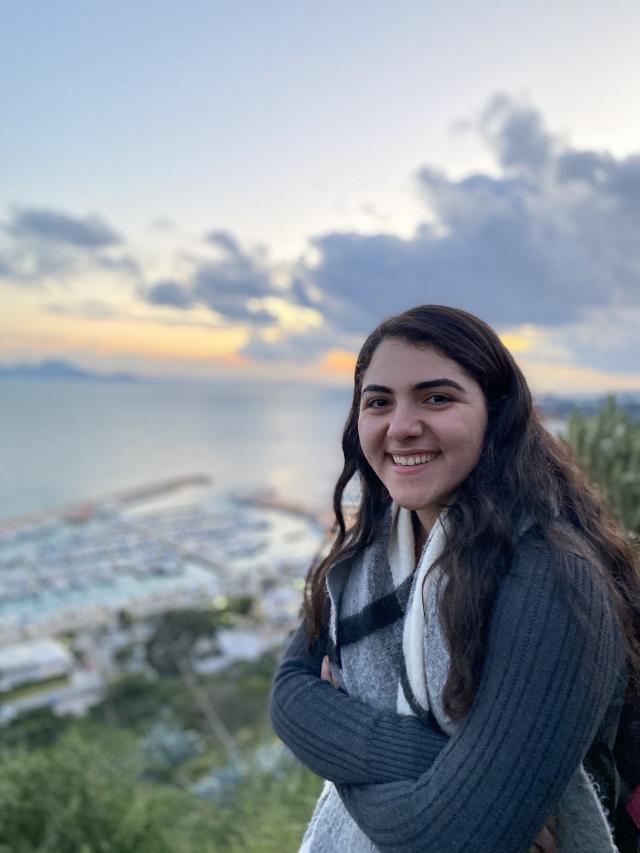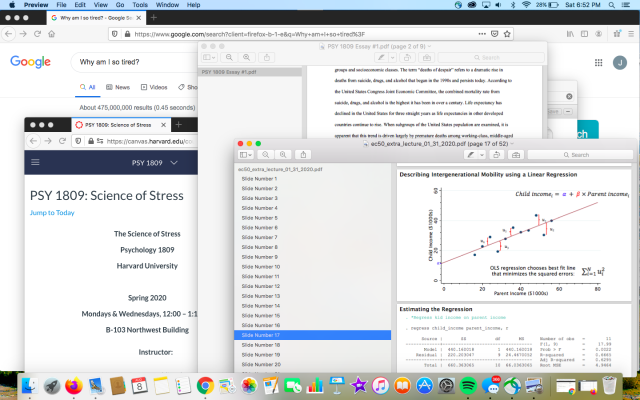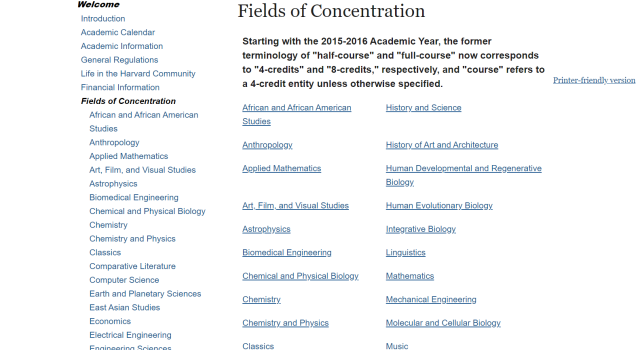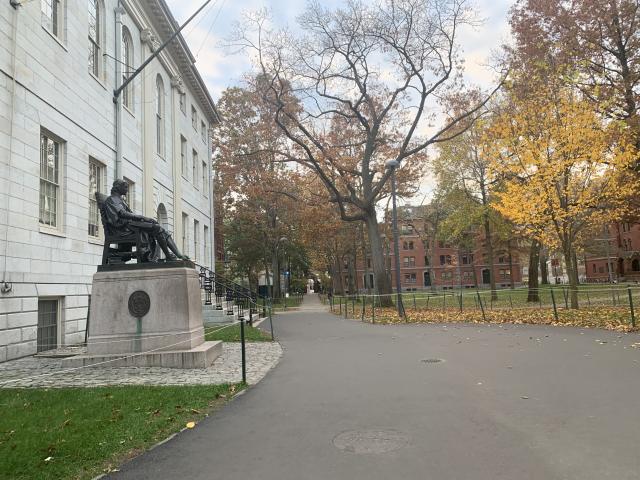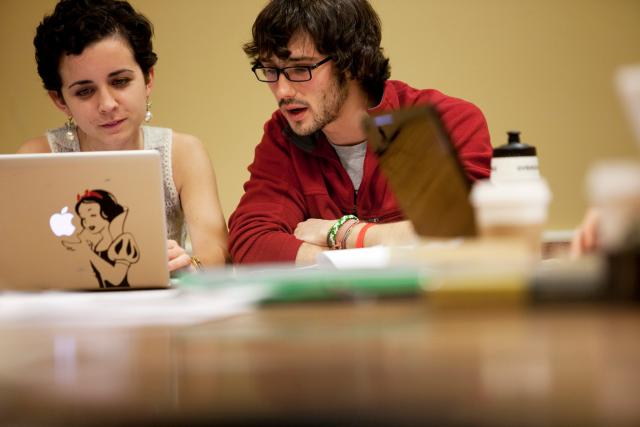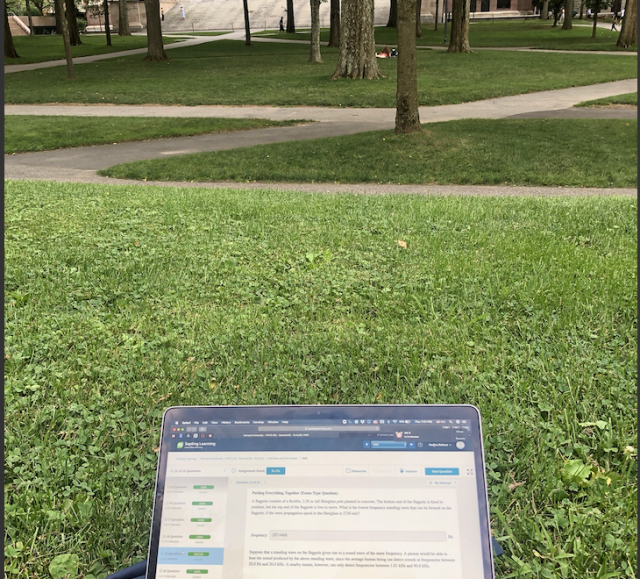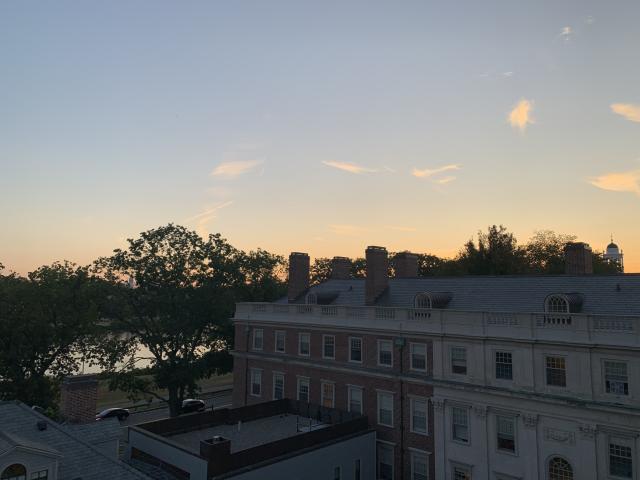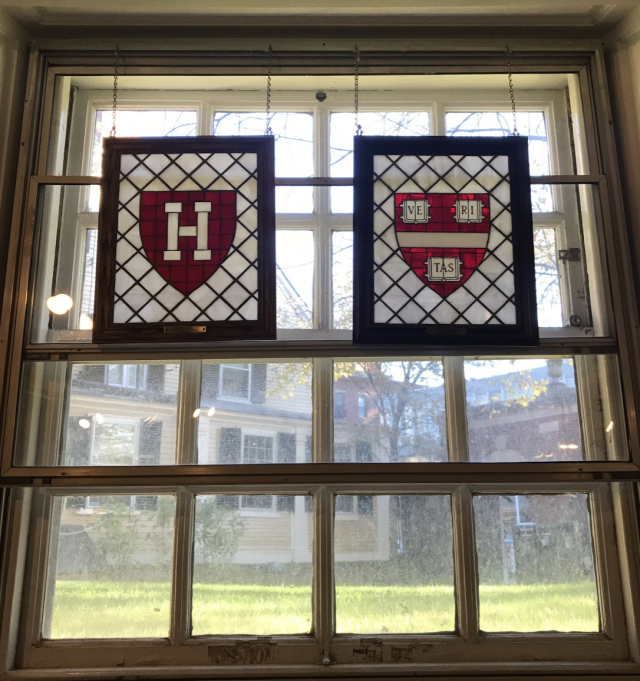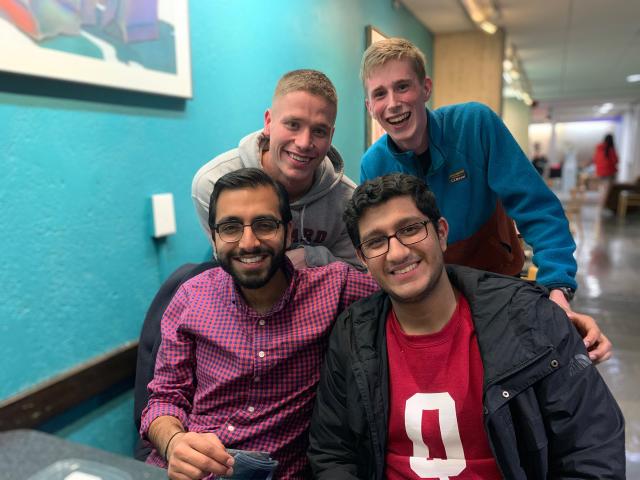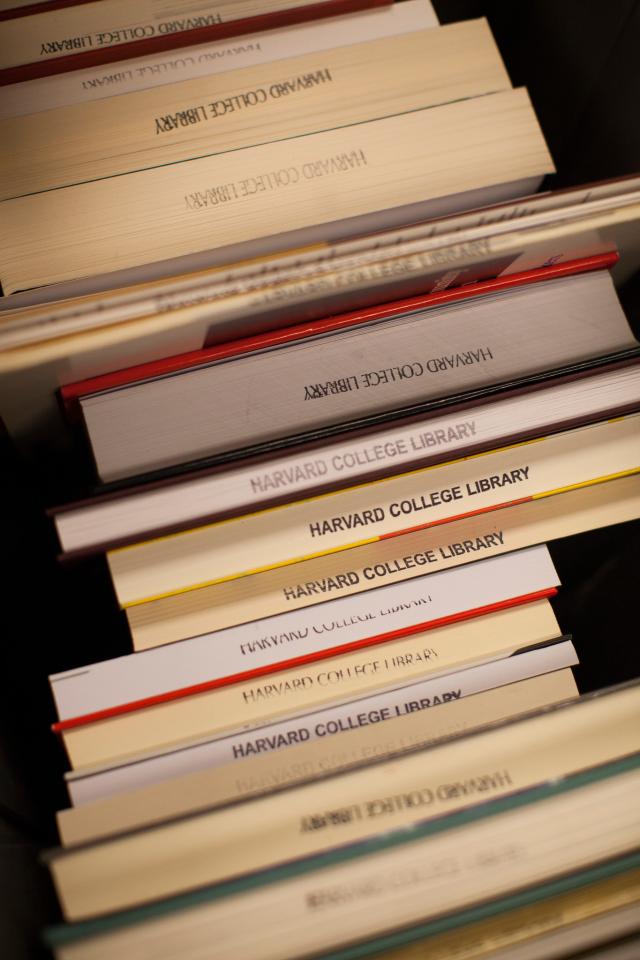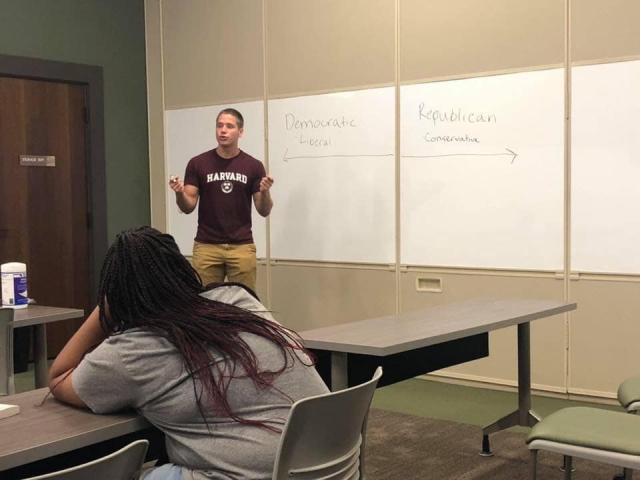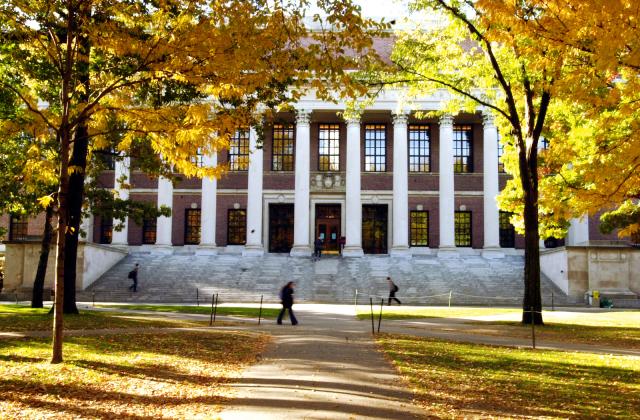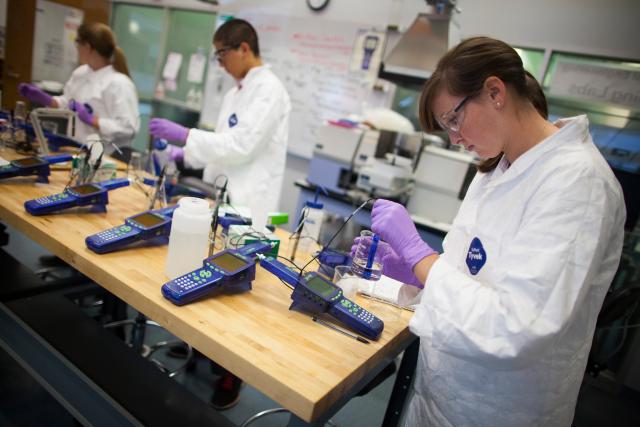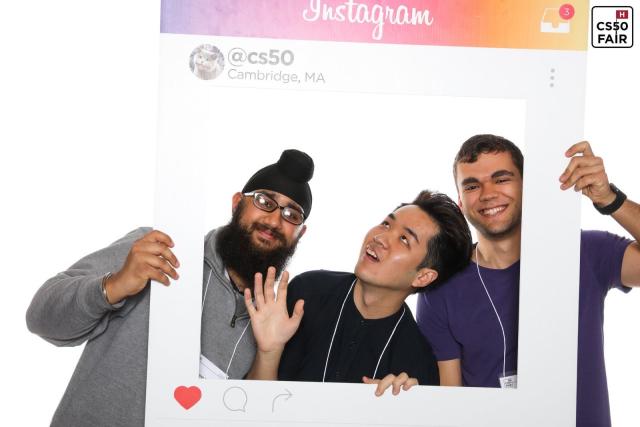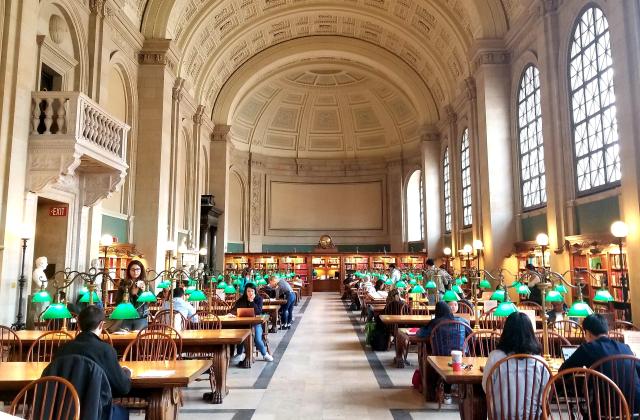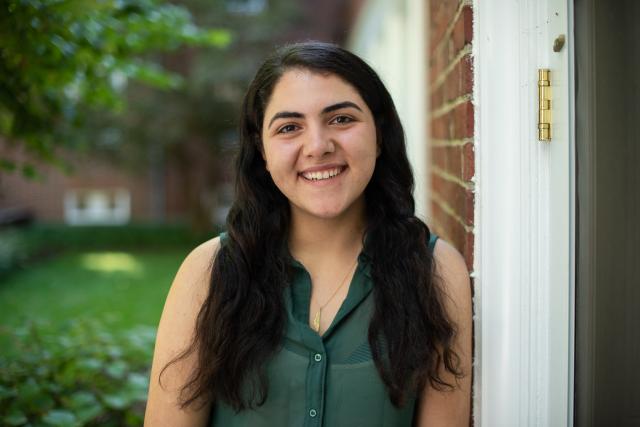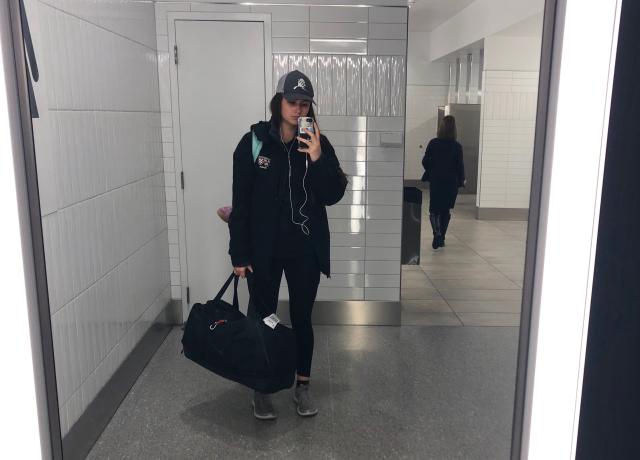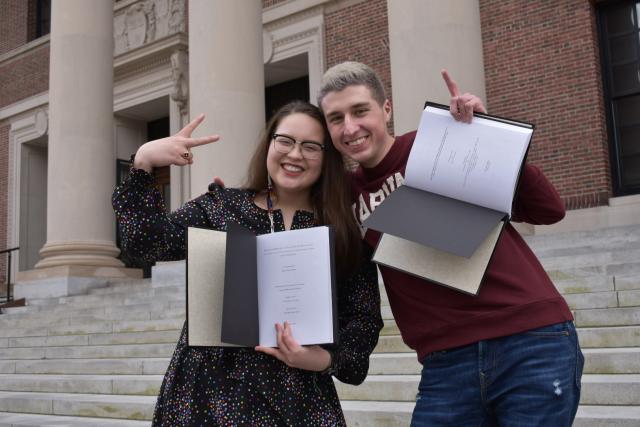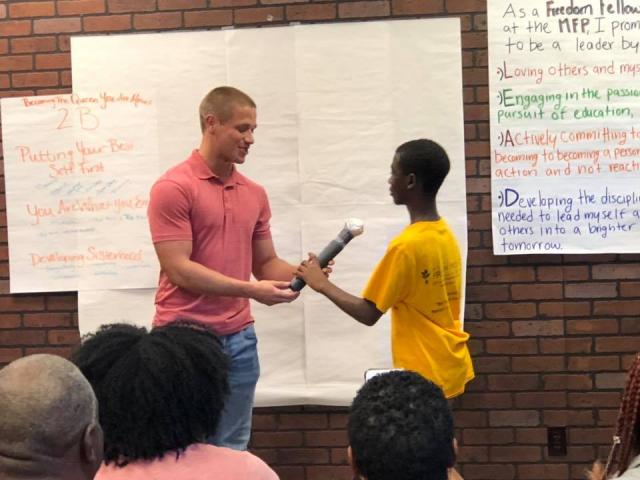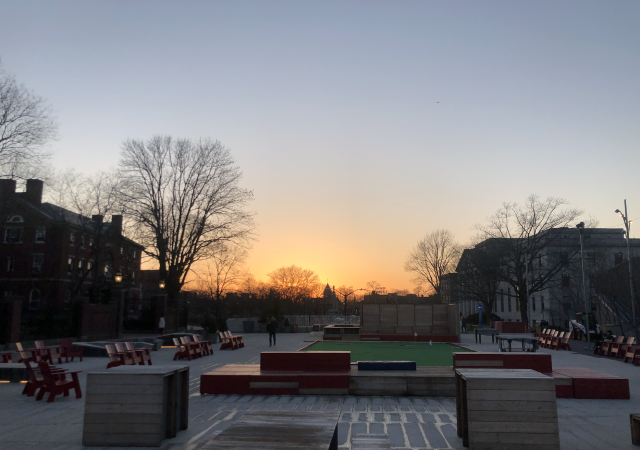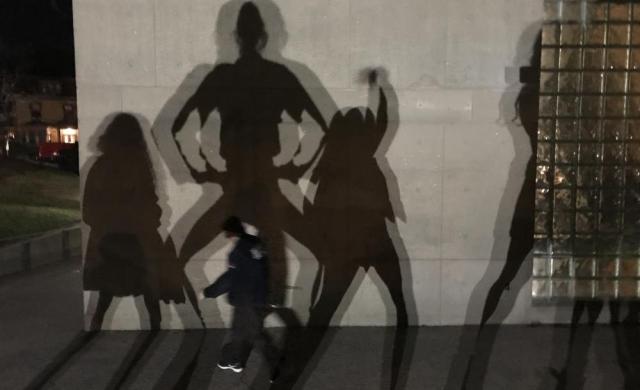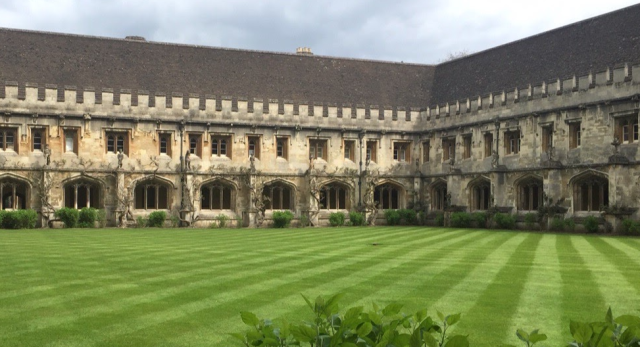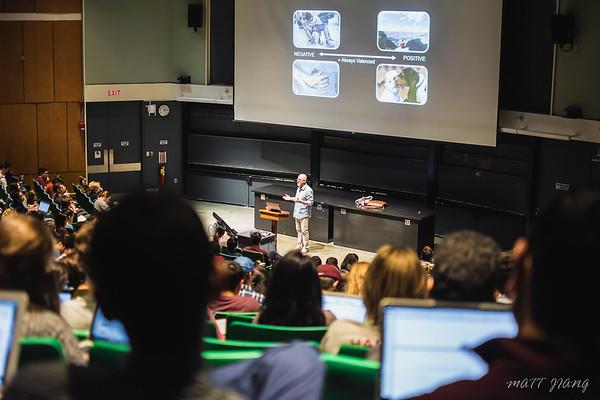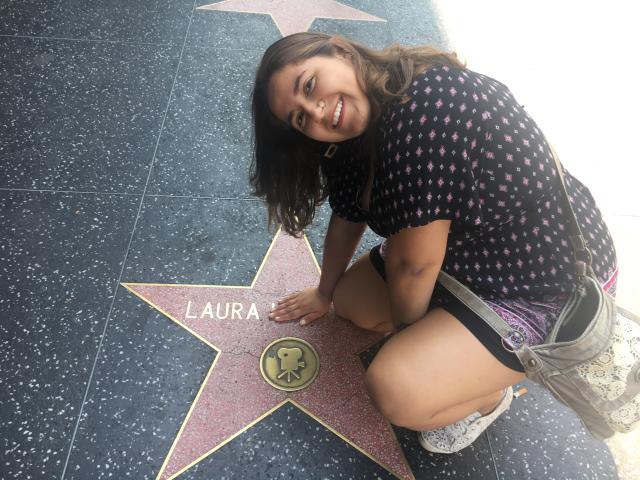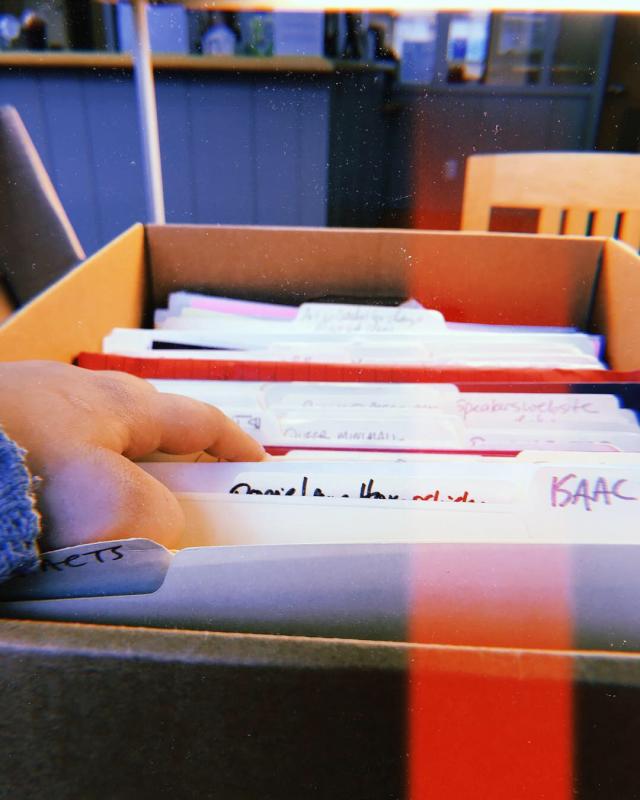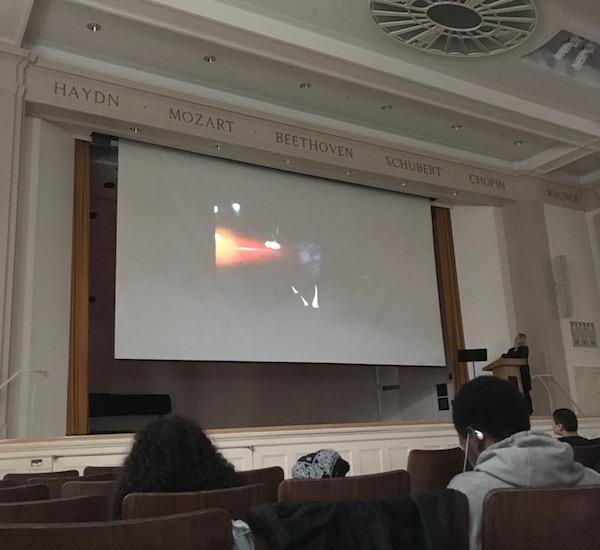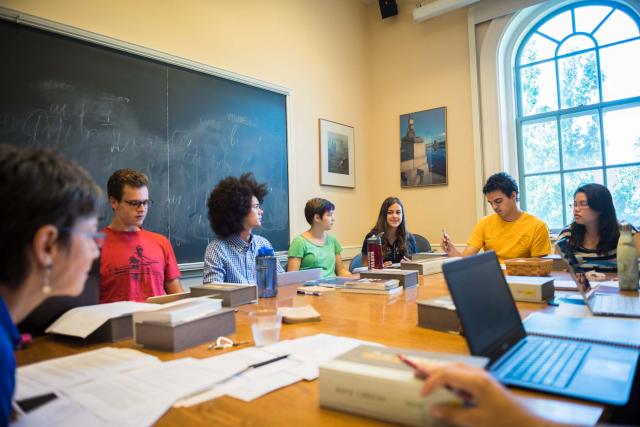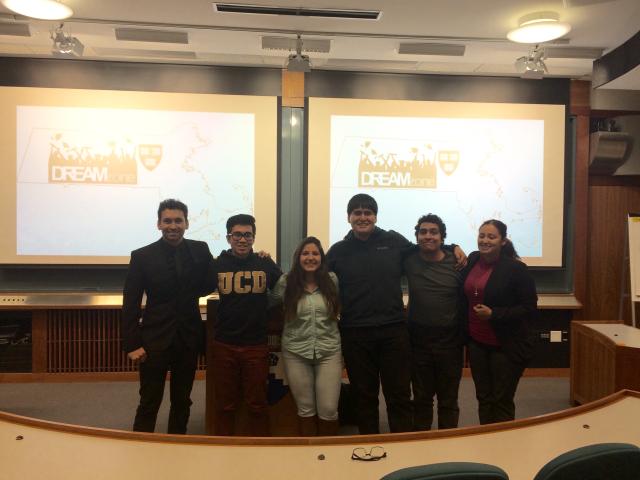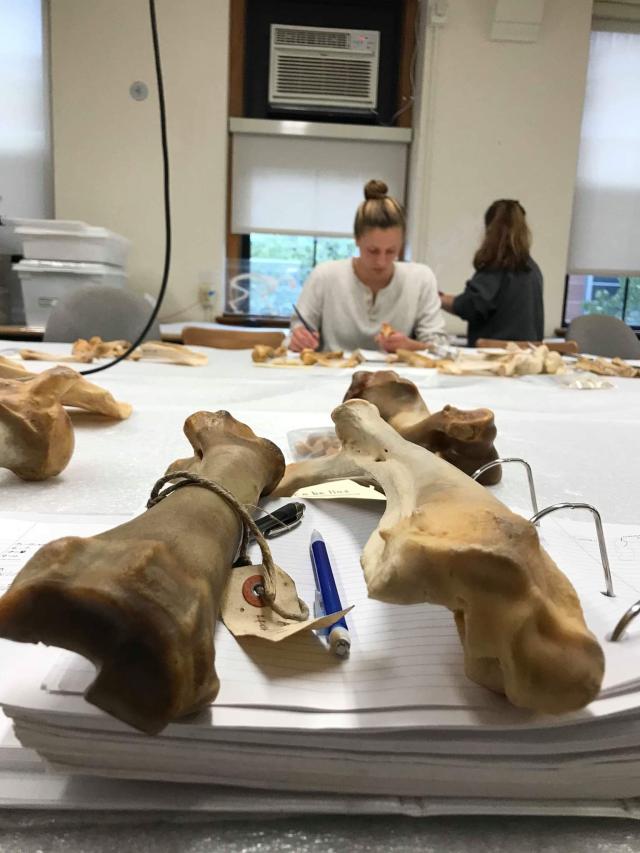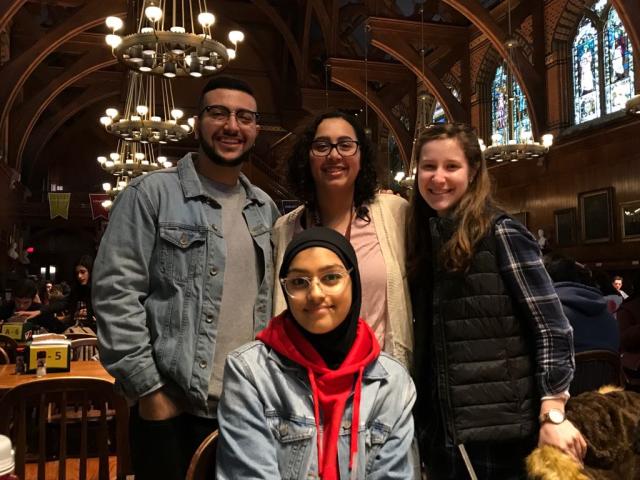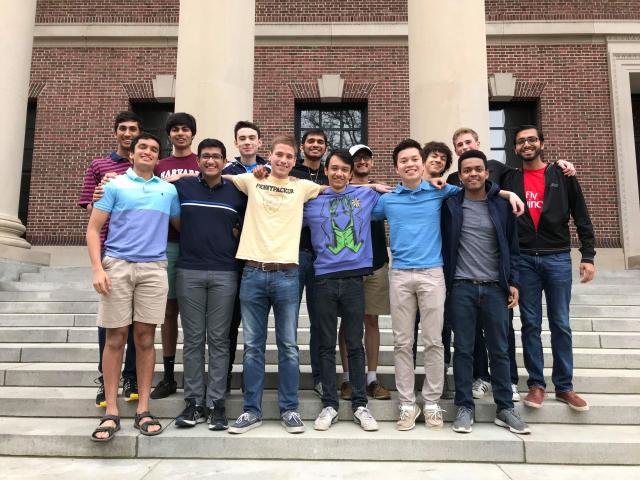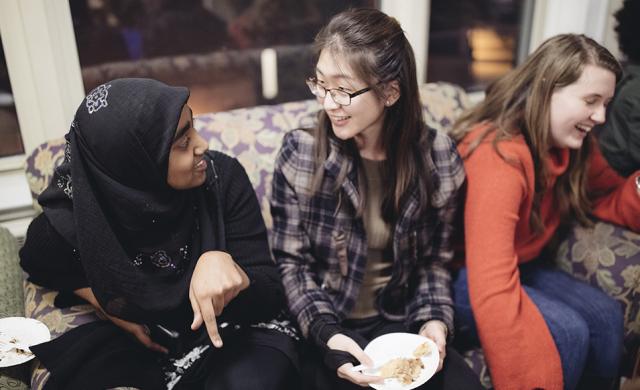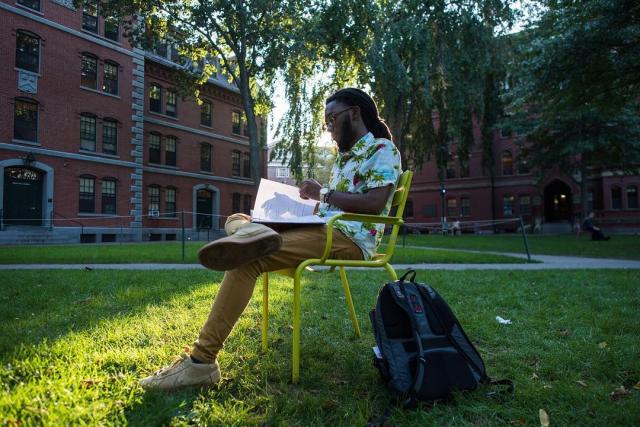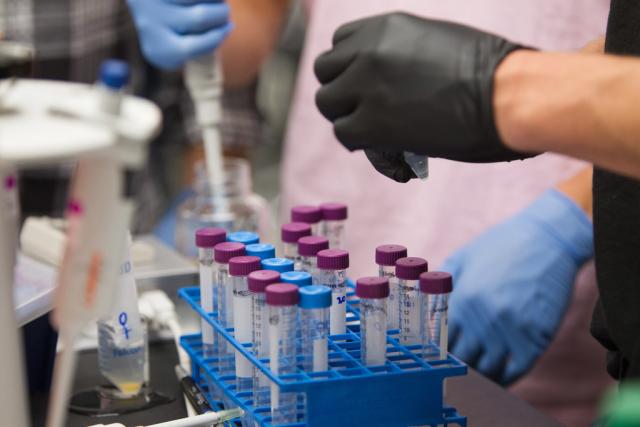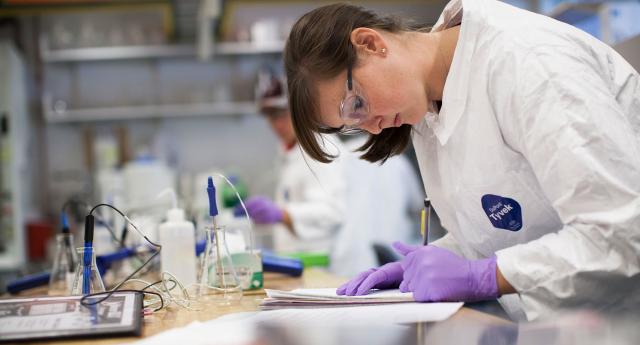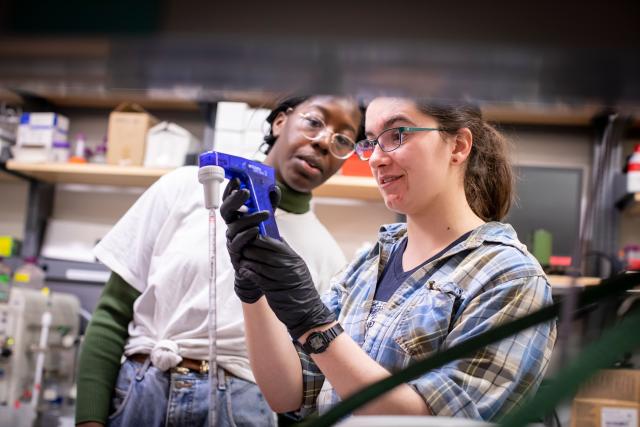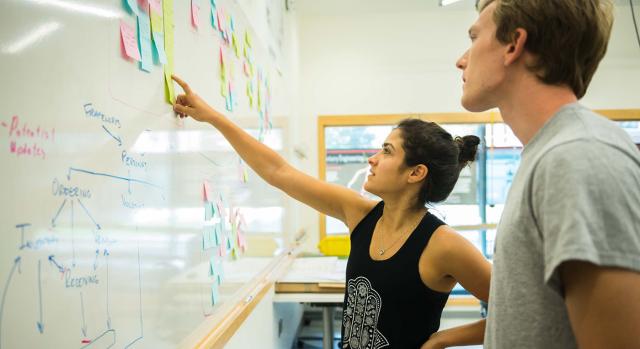Are classes taught by professors? Are professors accessible to students? Do professors care about students?
I get these types of questions a lot, and I think they stem from this myth that professors at Harvard don’t really interact with students in class or outside of class. In my experience, this is truly a myth! I have found that Harvard professors interact a lot with students, and this is partially due to the fact that Harvard College cares about facilitating this interaction!
In the Class
Almost all classes at Harvard are taught by professors. There are only a few exceptions where they might not teach it. Foreign Language courses are taught by native speakers so sometimes if there are not enough professors available, other faculty members or graduate students step in. The (only) required freshman course is Expos 20, a writing course. Expos 20 is always taught by a published writer so again, sometimes other faculty members or graduate students fill this role. First-year seminars, which are optional but incredibly cool (so I really recommend taking them) are taught by a expert in the field. For example, I took one called a Brief History of Surgery and it was taught by a Chair of Surgery at a local hospital. The last exception is some entry-level math courses which can be taught by graduate students.
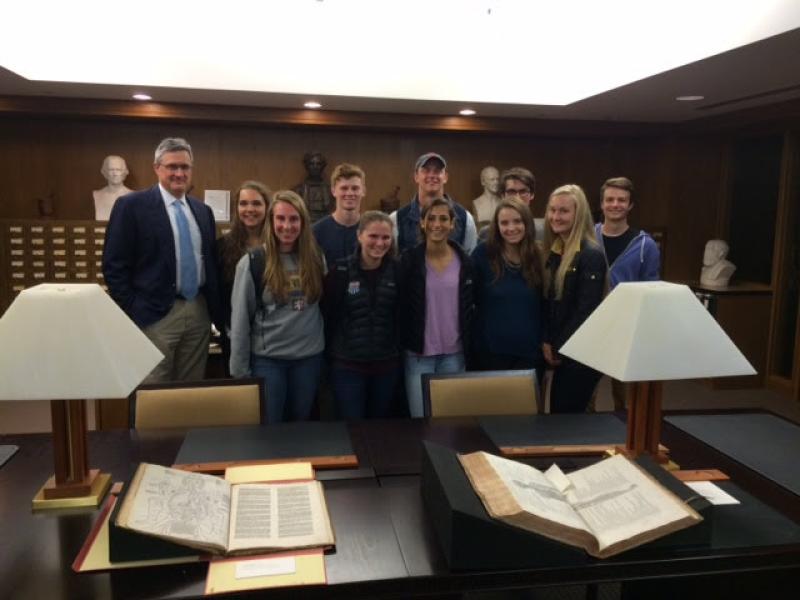
My freshman seminar on one of our field trips to Harvard Medical School!
There is a lot of language that can be thrown around about Harvard classes so let me give a quick run through! There are professors (and lecturers) who teach the course. Teaching fellows and preceptors help lead the course, often handling the logistics. And then some classes have course assistants who help out as well. Teaching Fellows and Preceptors can be graduate students, and course assistants are often other undergraduates who have taken the class. Each class will lay out who the staff is, who you should go for what kind of question, etc. They are all there to help you succeed! Really most of the title differences have to do with nit-picky things about salary and hiring practice which don’t really affect how they interact with students!
There are two main different class formats: lectures and seminars. In lectures, the professor spends most of the time talking. In seminars, professors guide the conversation but students are the ones talking the most.
Seminars are usually capped around 25 since a small setting is needed for discussion. Lectures often do not have a maximum size, as long as there is enough teaching fellows to lead sections. Any class of about 30 or more students is required to break down into sections of about 12 students. There is not new material introduced but are a chance to review, discuss, and practice. Sometimes these are combined into labs for science courses!
Another important thing to note is that all of the teaching staff involved in a course, from professors to teaching fellows, are required to hold office hours. These are times where you can come in to discuss things in the course, go over material, and ask questions. Often times, professors are happy to discuss unrelated things as well such as research and other opportunities as long as there are not other students there with more immediate concerns about the course. Because they are required to host these office hours, they really want students to come, otherwise they are just sitting there!
Outside the Classroom
Students are not limited to the classroom or office hours in interacting with professors. Harvard has two programs that help move the conversation elsewhere, and they include food! Each semester there are Faculty Dinners. This is a chance for students to invite a faculty member (it can be a teaching fellow, a professor, etc.) to have a meal with them in the dining hall. The dining halls cook up a special meal (with really yummy dessert). Students can invite someone by themselves or get together as a group and invite someone.
Another program, which is one of my favorites, is Classroom to Table. This program is for a group of students to invite a professor out to dinner in one of the local restaurants, and then Harvard pays the bill!
These are both great chances to talk to the faculty member about something other than the class. This can include anything from their own work and research, your goals for work, future academic plans, your interests, if they have a cute dog, anything! They are also great chances to build a relationship that’s helpful for recommendation letters down the road.
Just Ask!
The last point that I really want to make is that you just have to ask. Class, office hours, faculty dinners, and classroom to table are all great ways to chat to professors. But you are not restricted to them. If you have a question, just ask! Professors will have their emails posted on course websites so that is always an option.
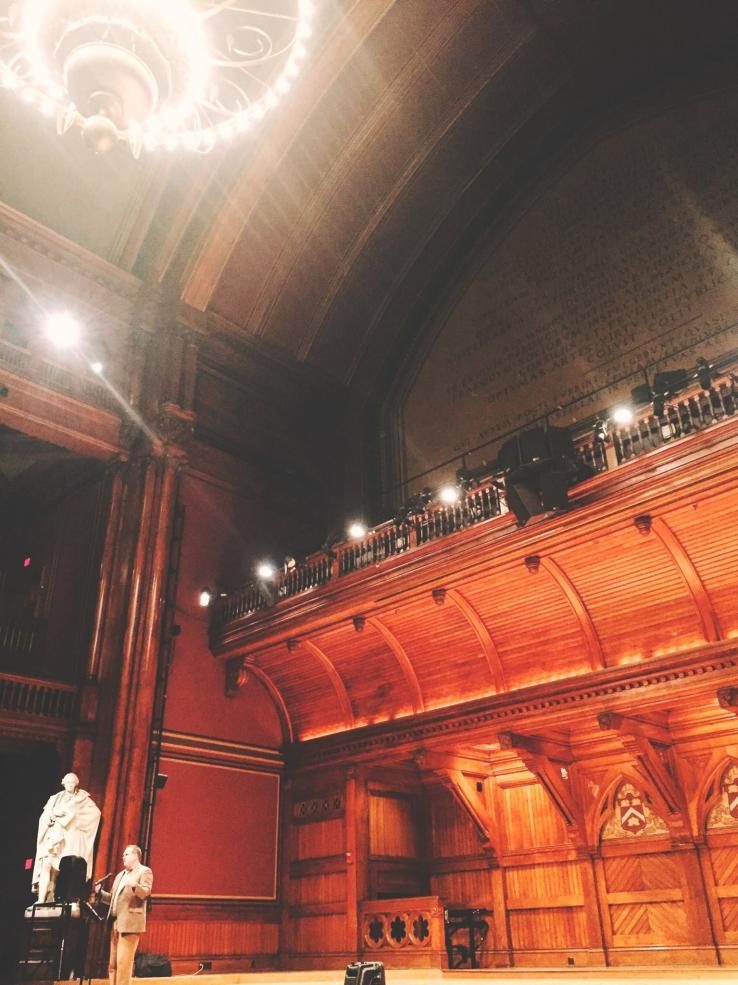
One of my favorite classrooms on campus - Sanders Theatre.
Professors are often times very busy, so they might not get back to you right away. They might be able to answer your question in an email or they might offer to meet up. I’ve done this many times, and not just professors I’ve been in a class with! There’s been times where I wasn’t in a course, but the topic related to something else I was working on so I emailed the professor. They’re always excited to help if they can!
So the answers to those frequently asked questions? Yes, yes, and yes! Professors truly do care about students, love teaching, and love interacting with them. They wouldn’t be doing this job if they didn’t!

